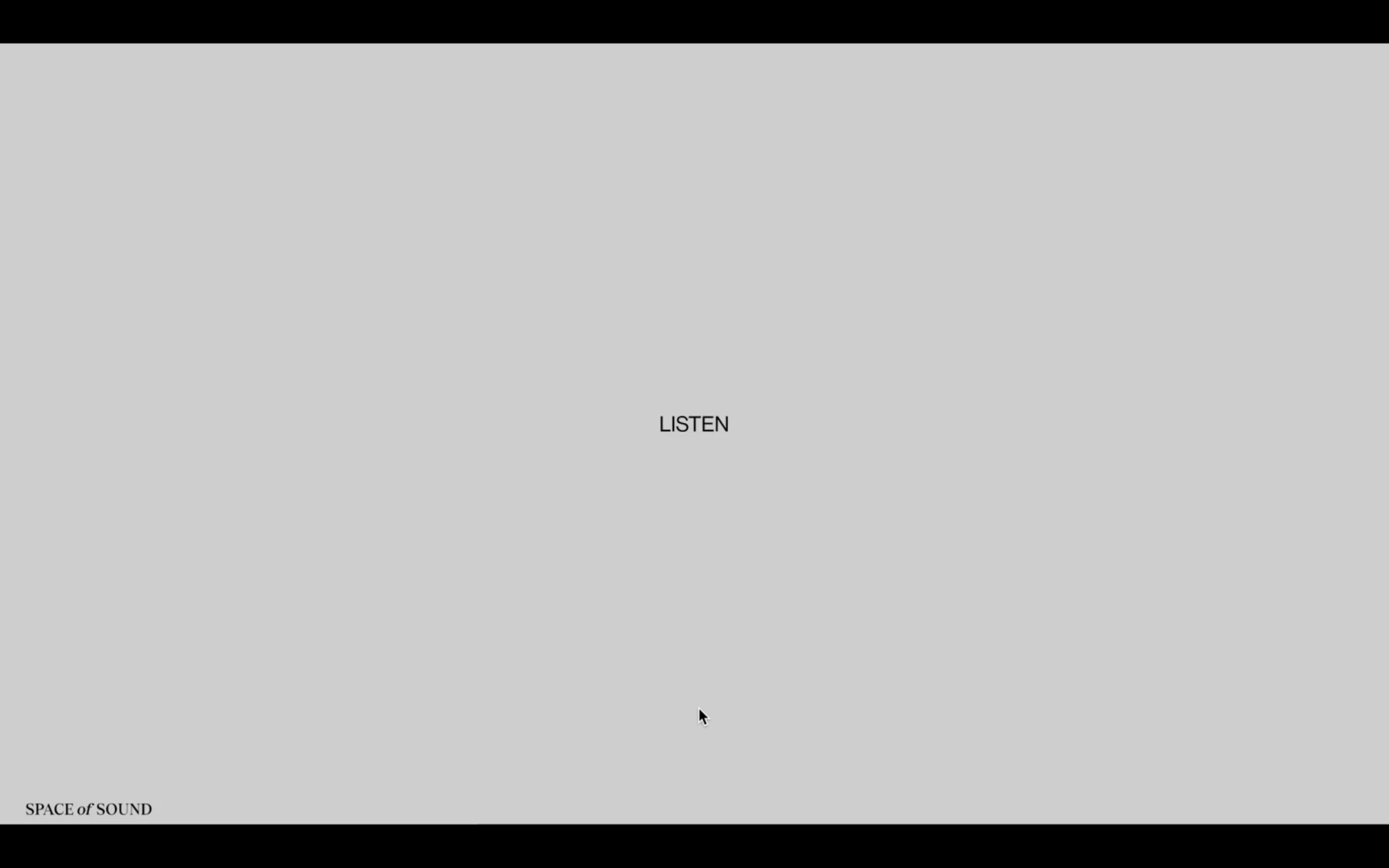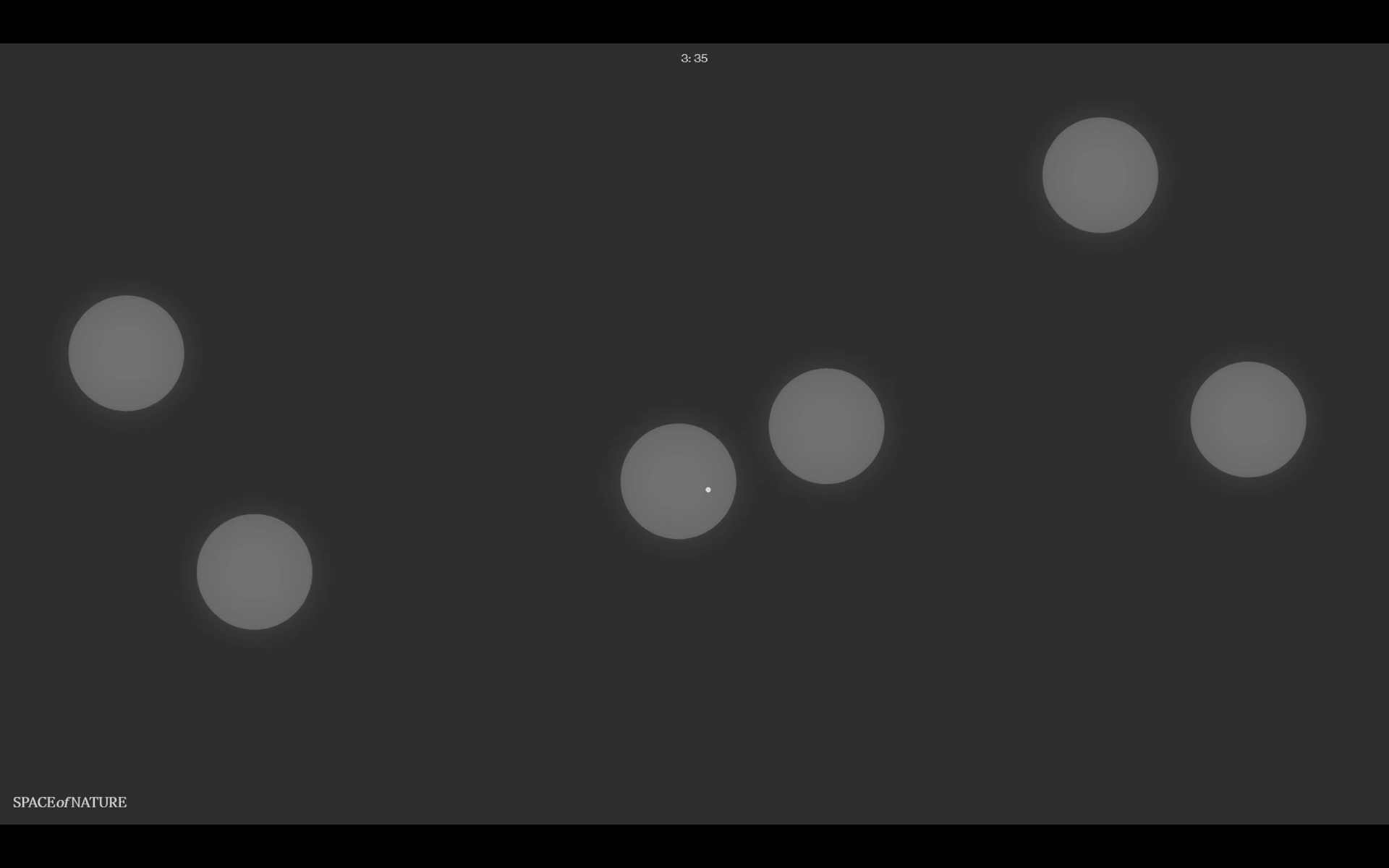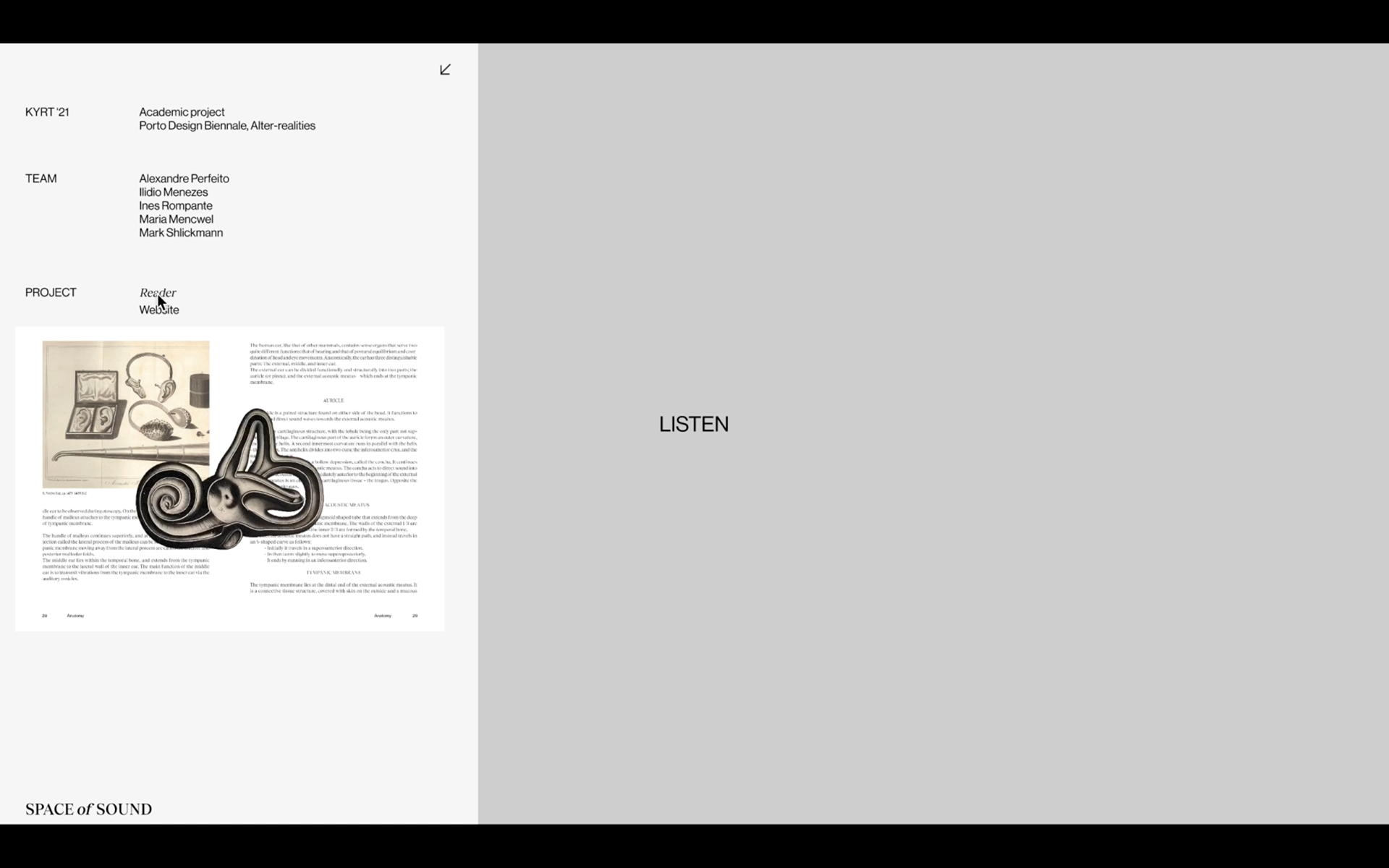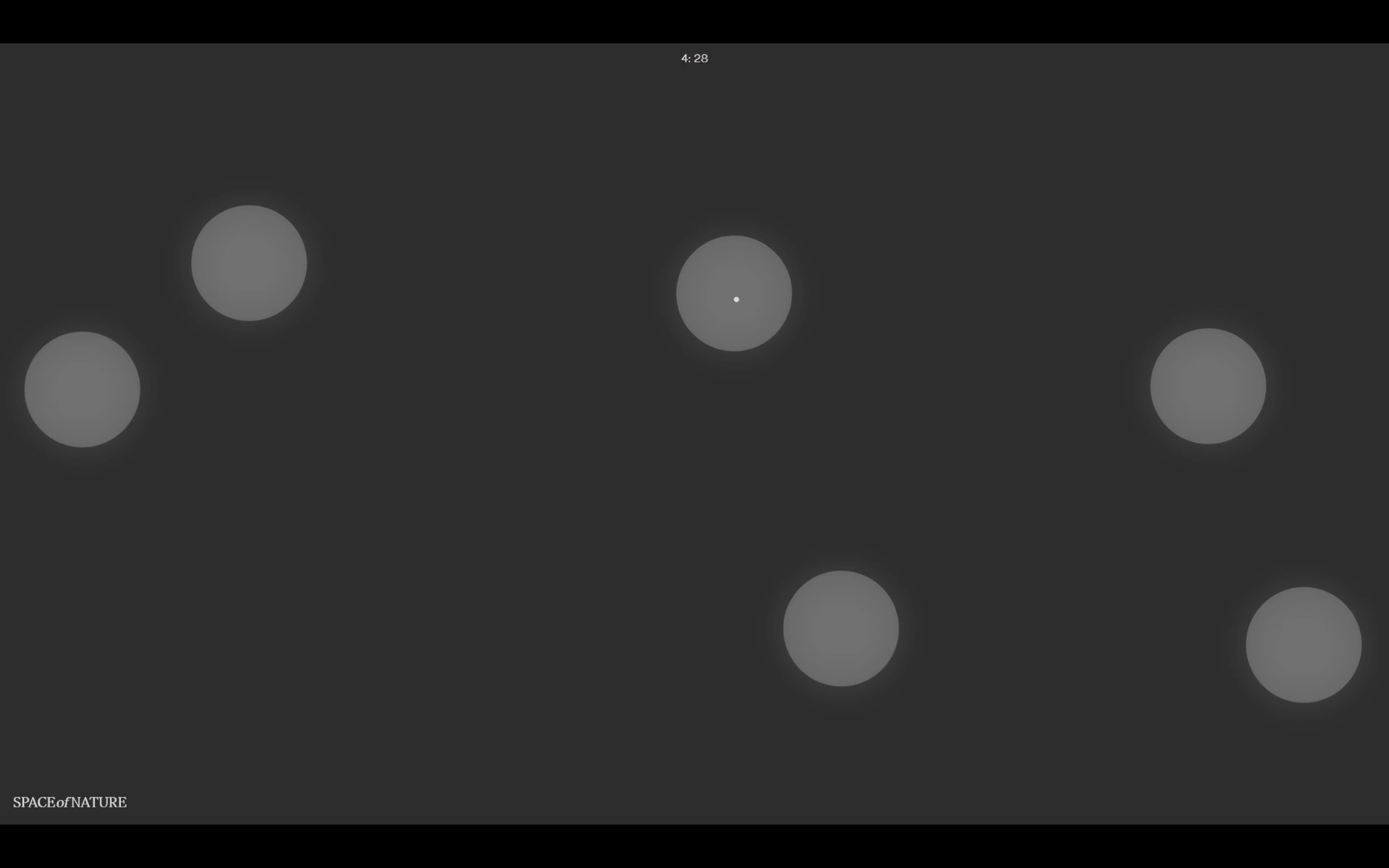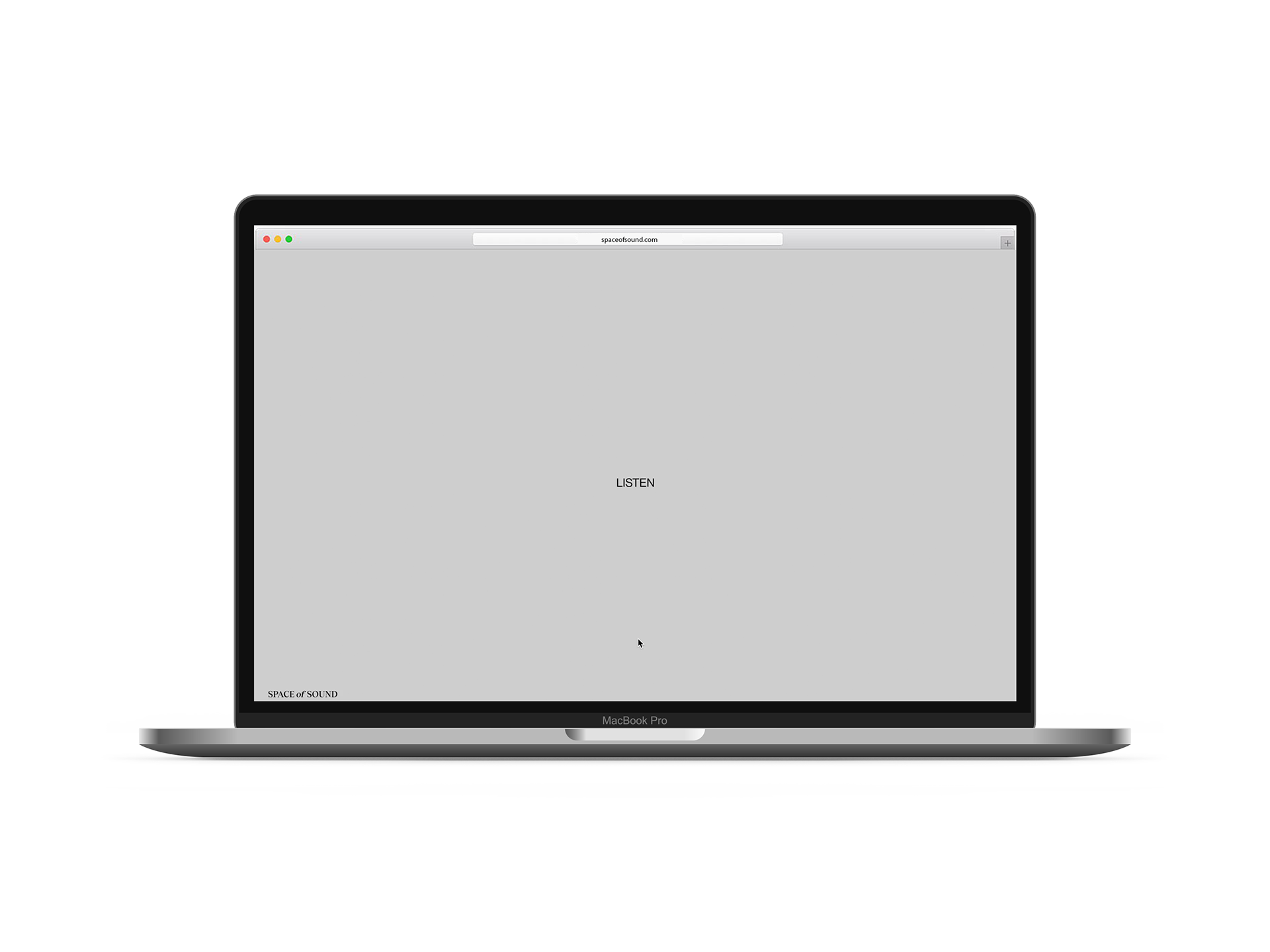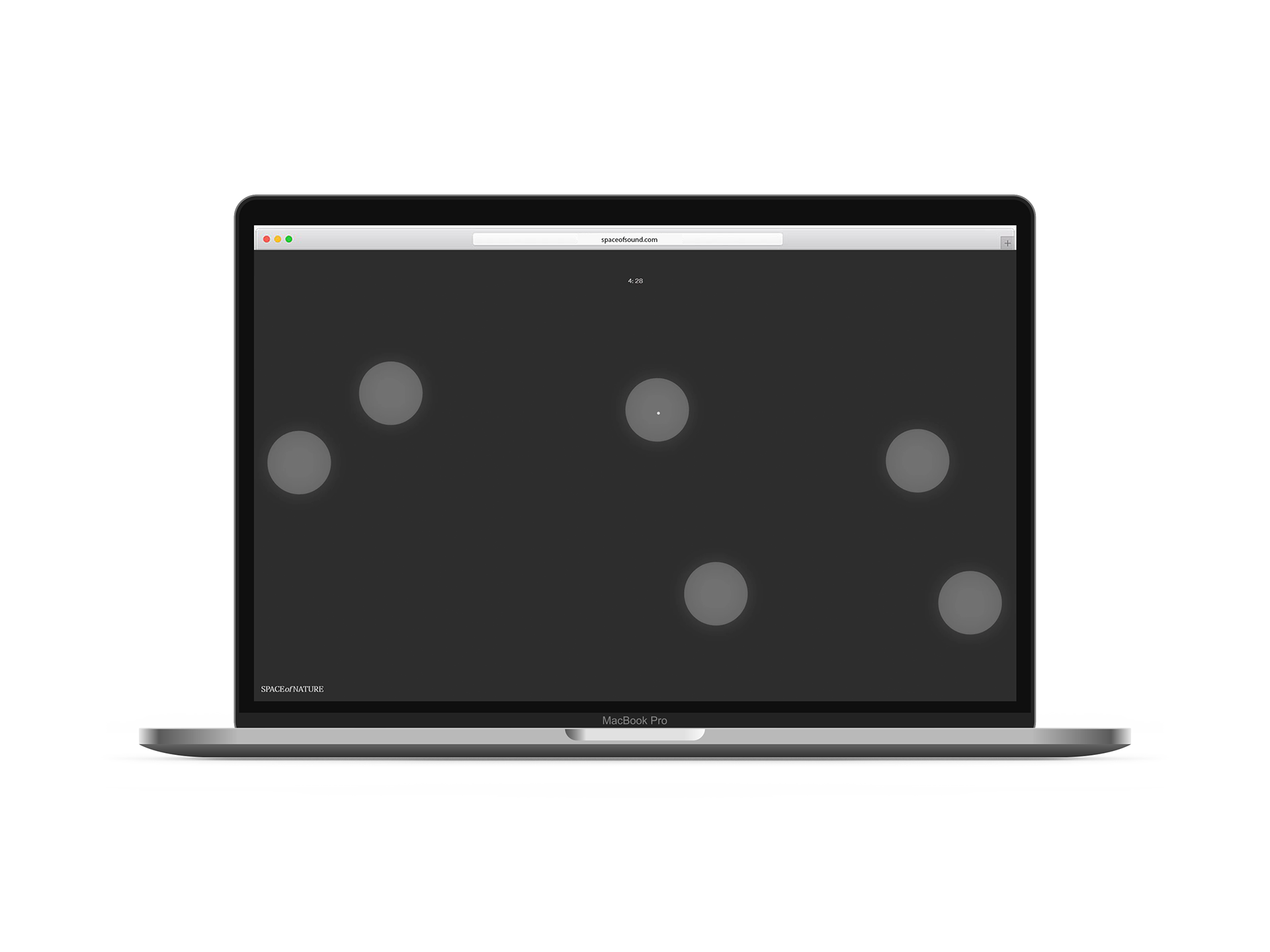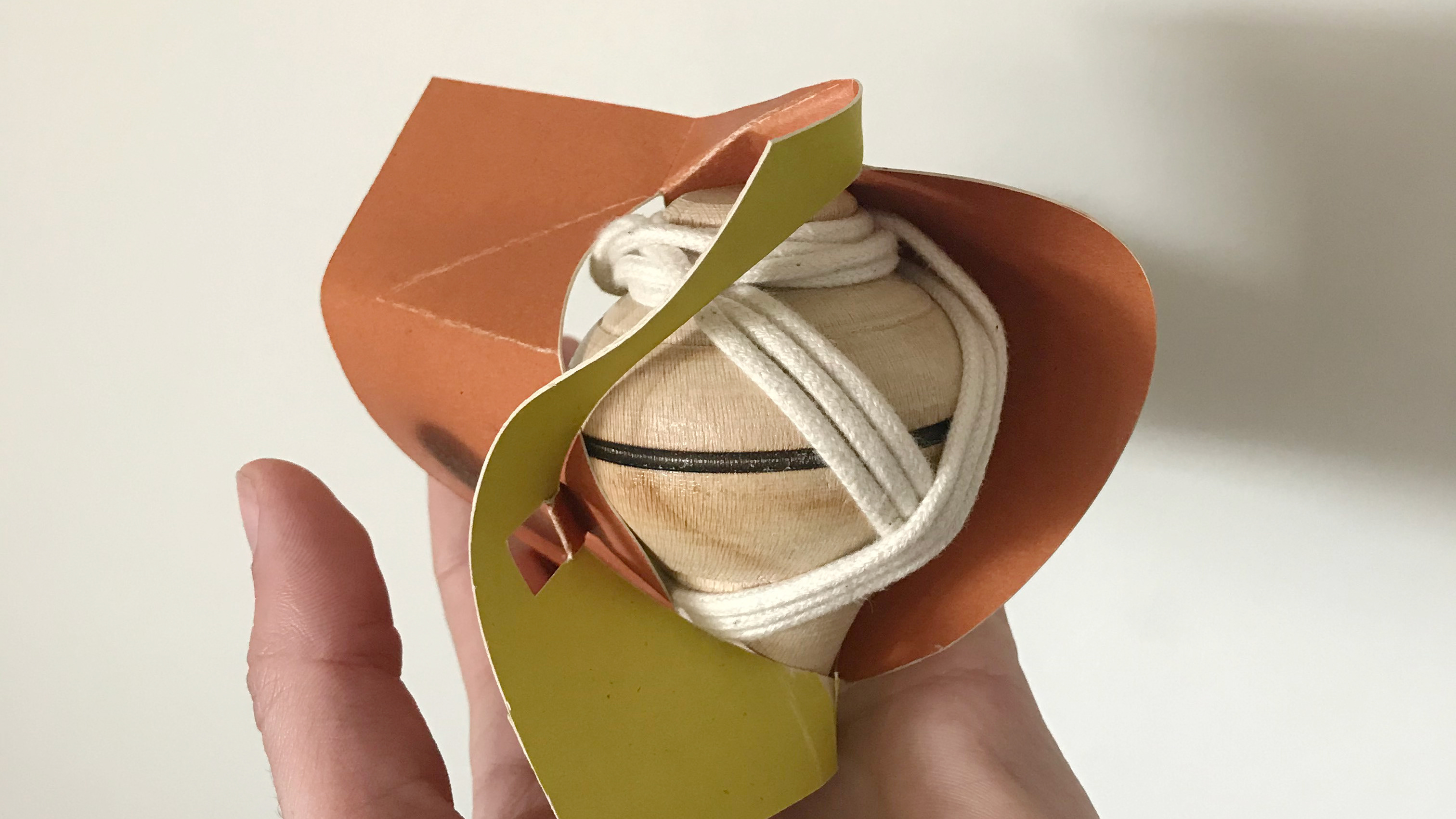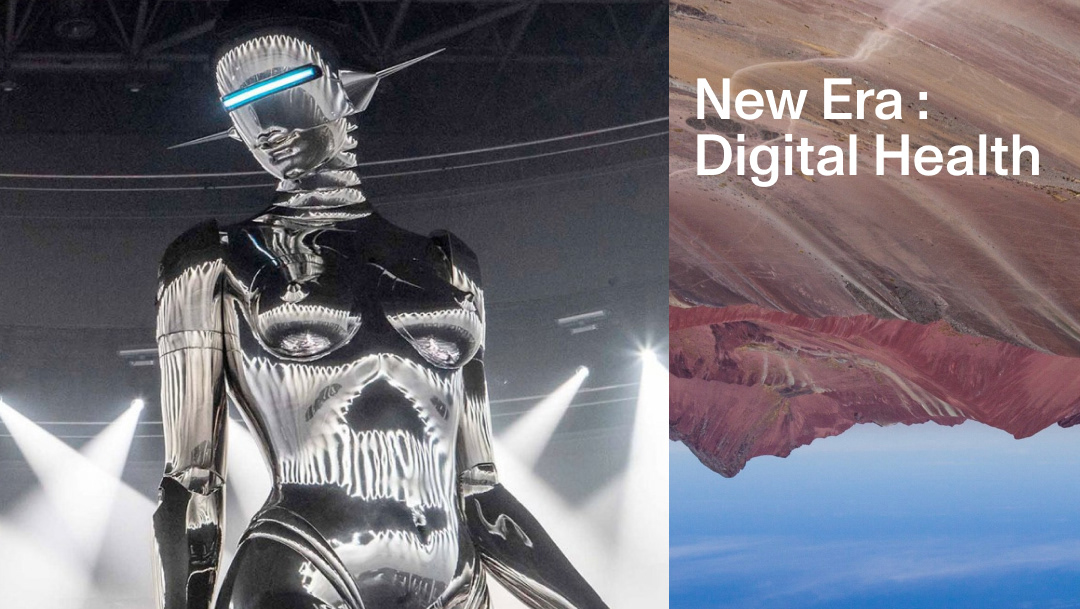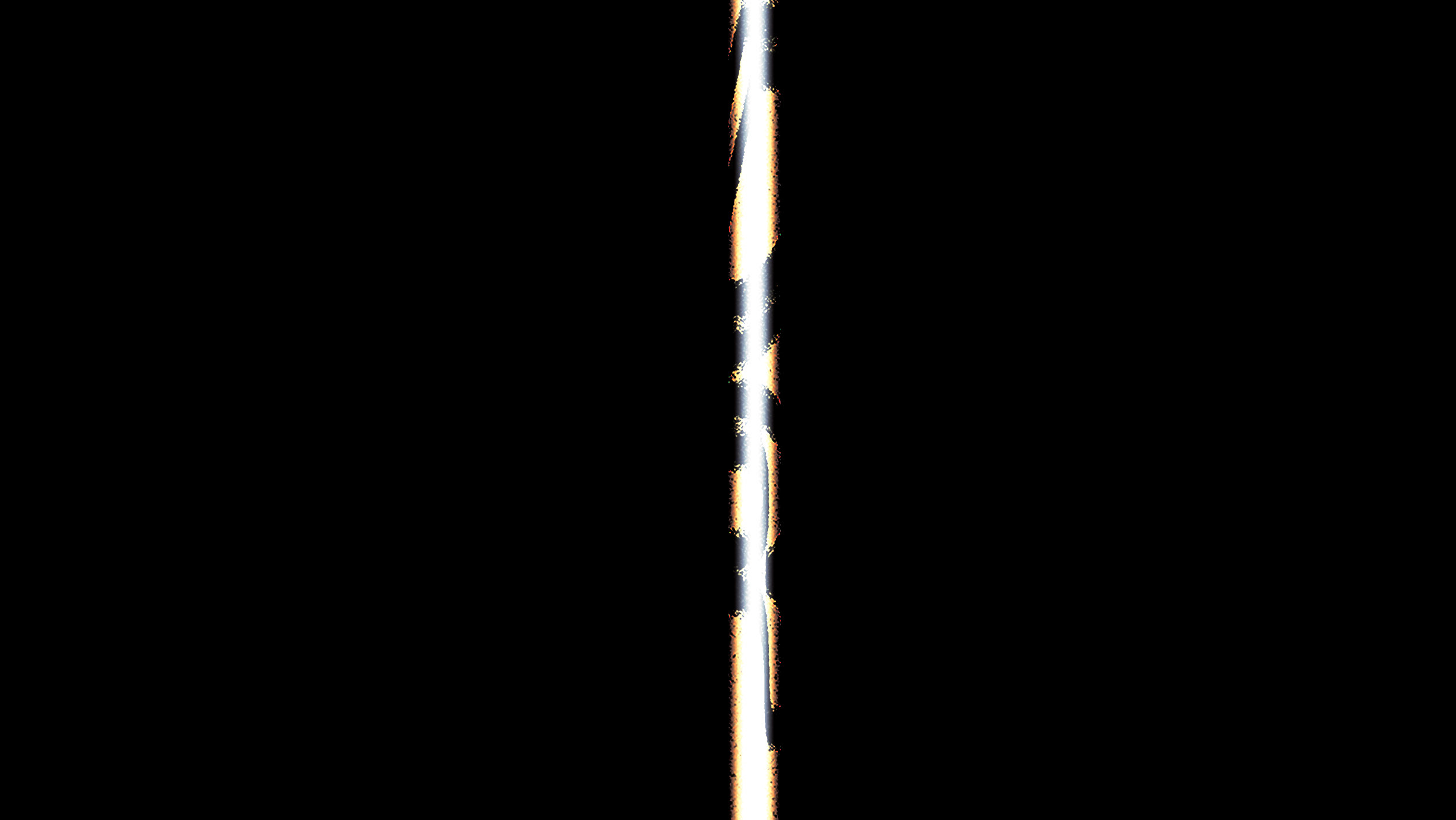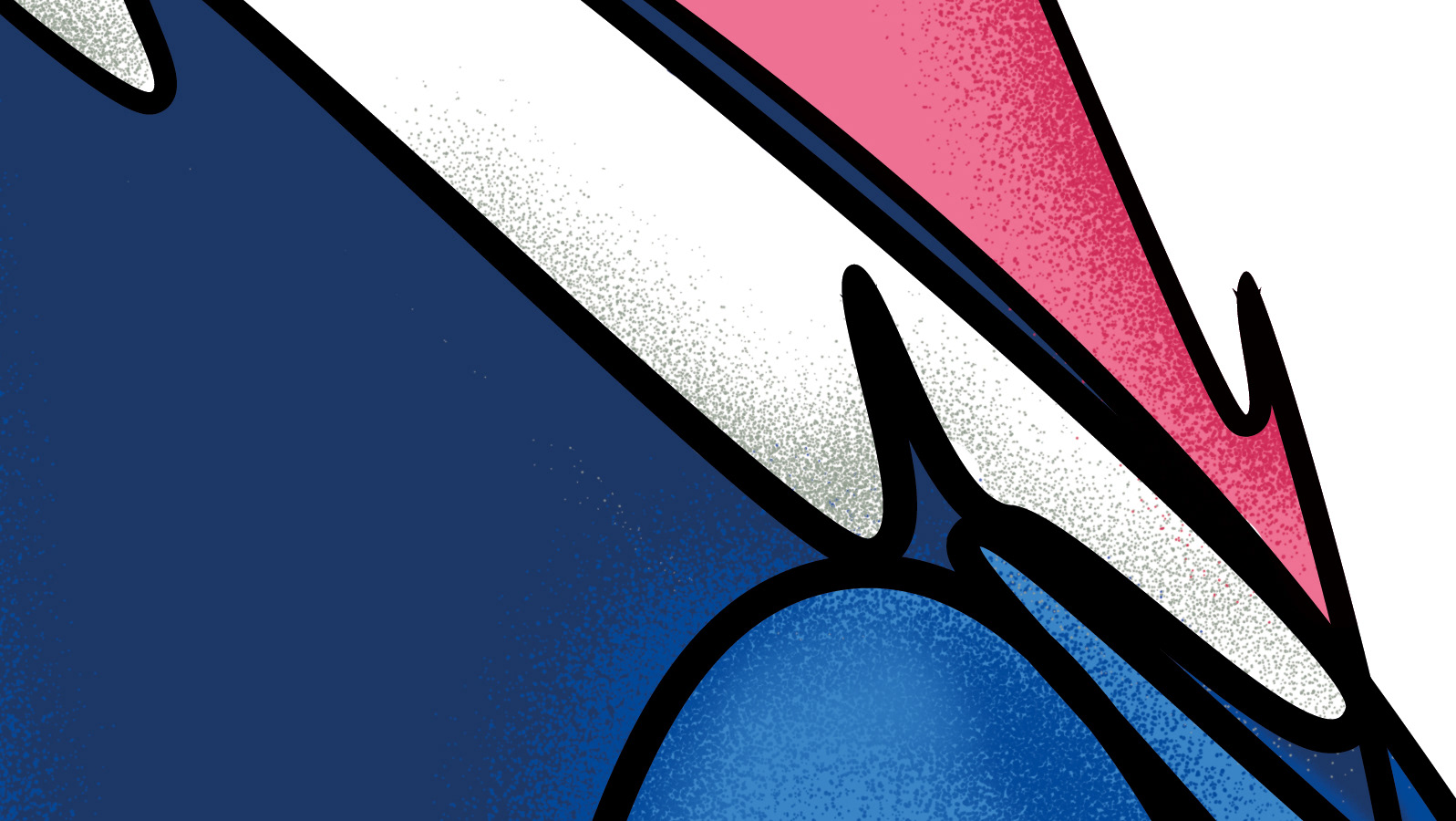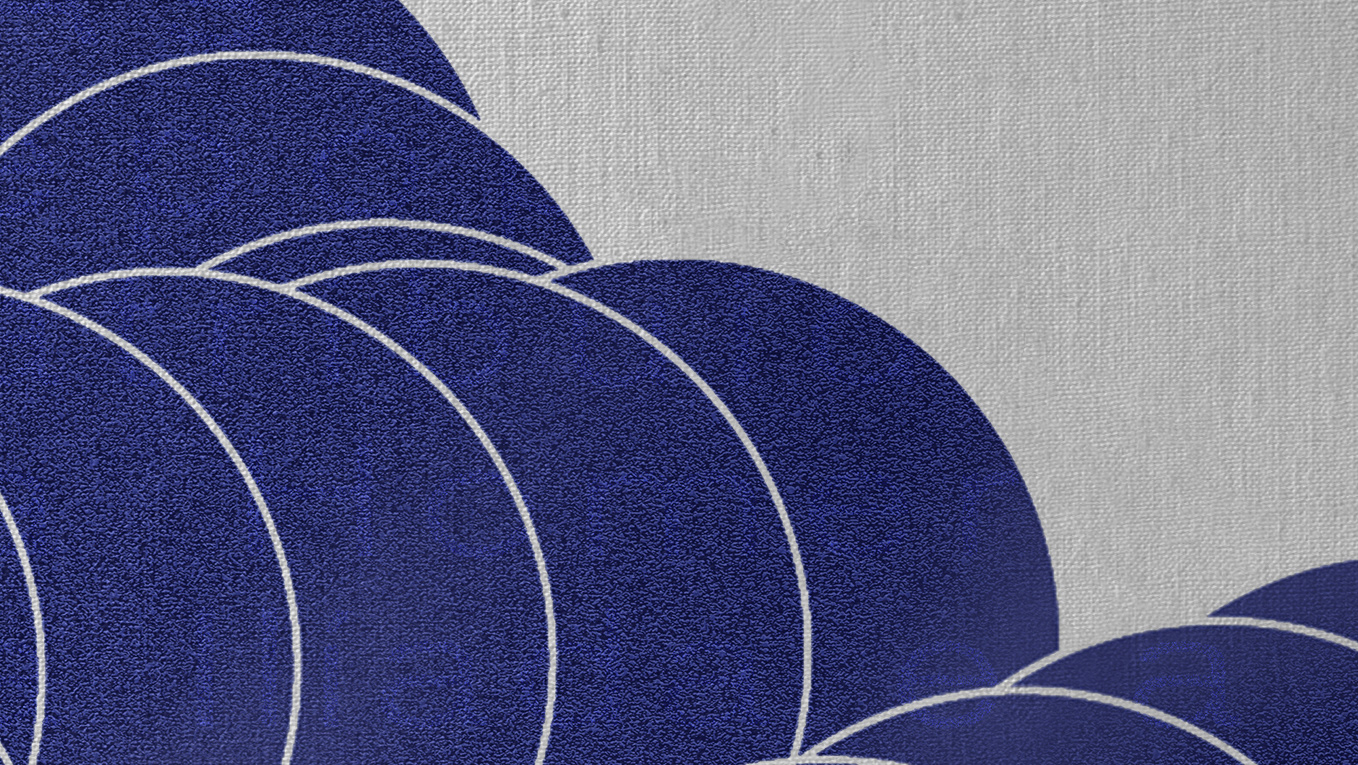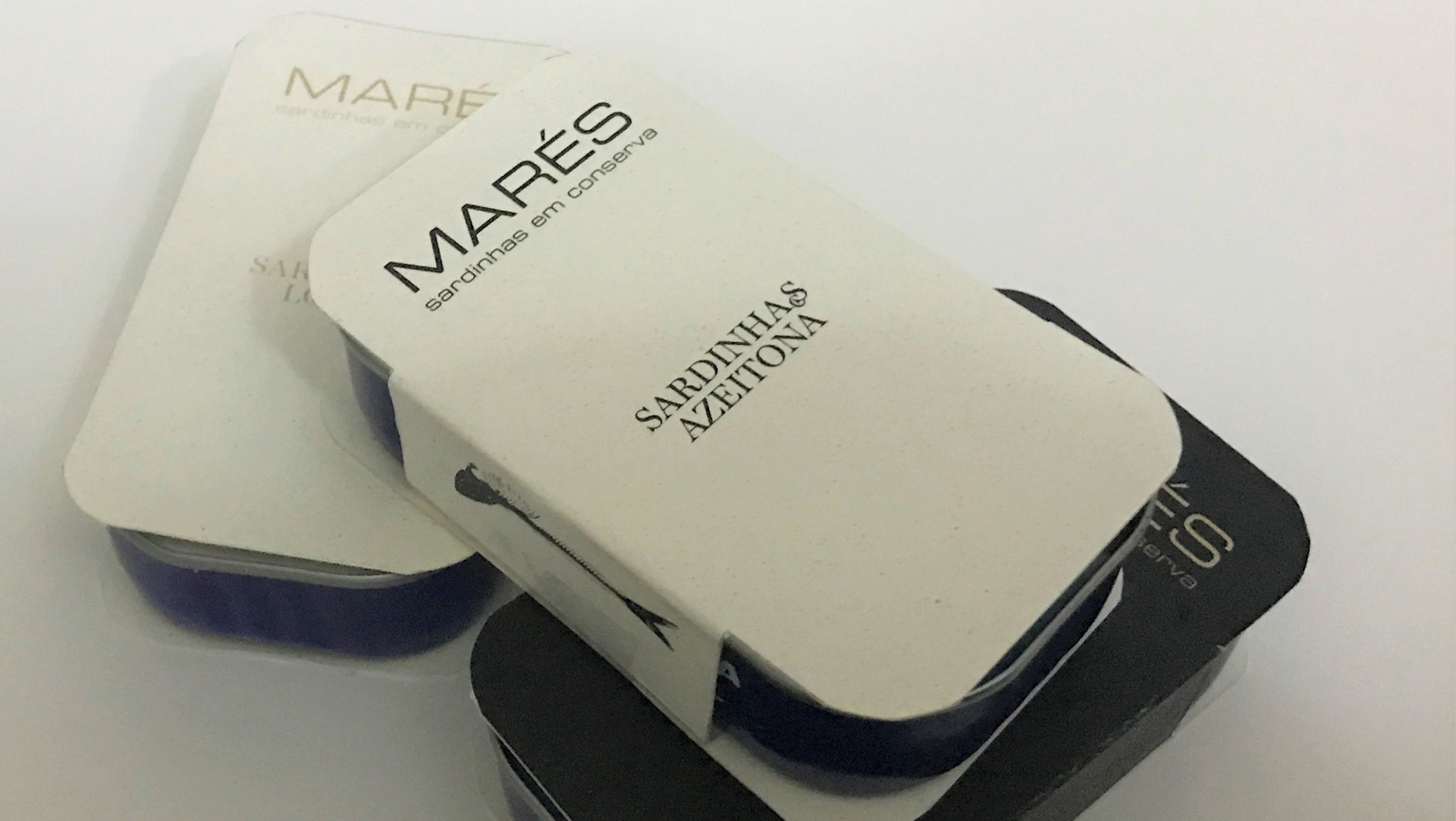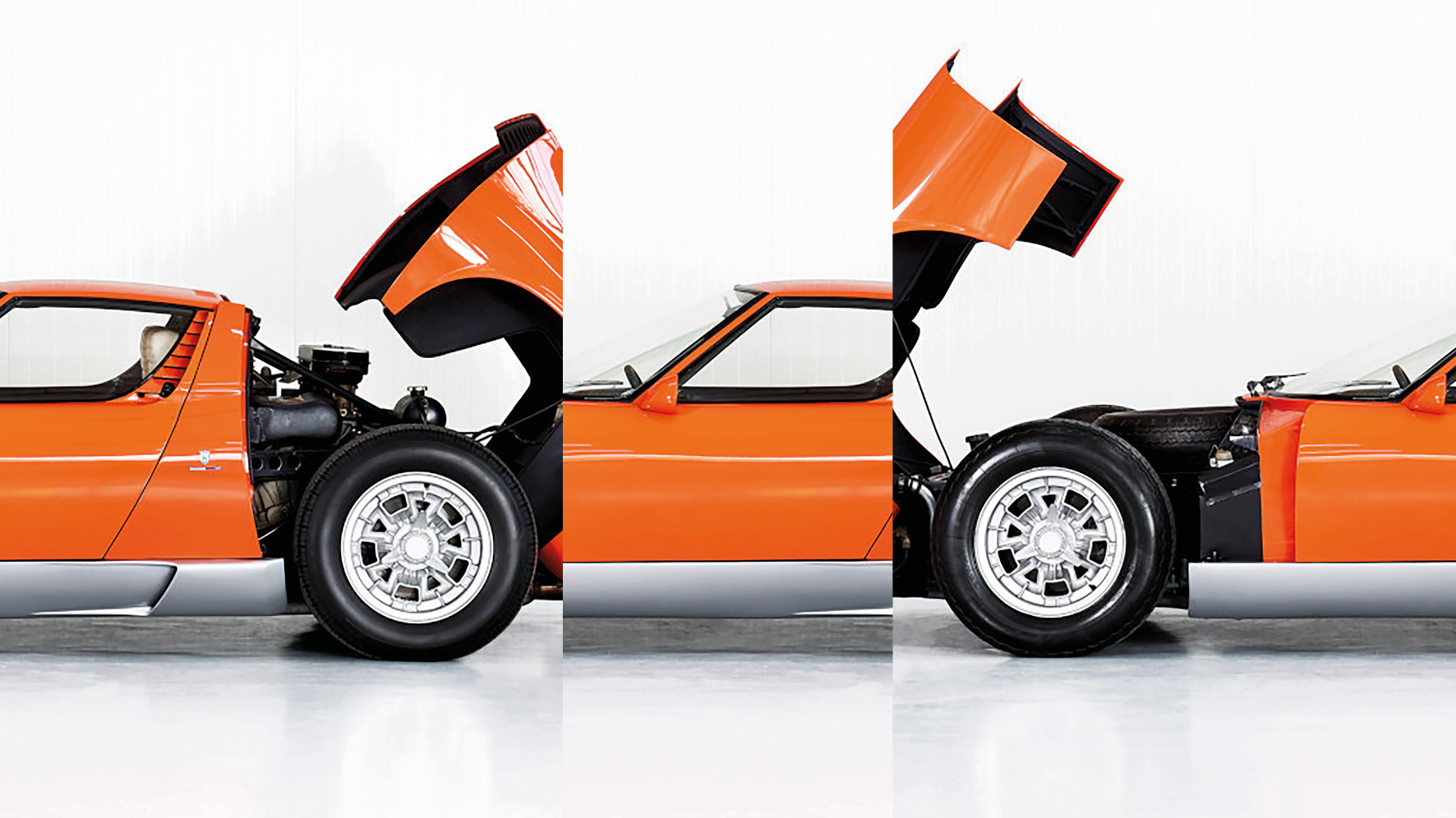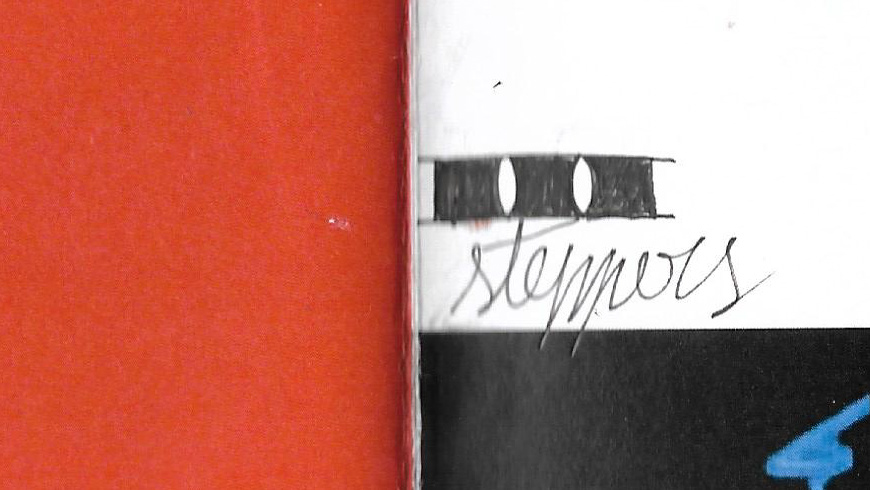SPACE OF SOUND
A Celebration Of The Listening Practice
A Celebration Of The Listening Practice
Space of Sound was developed as team as the final graduation project, within the timespan of 2 months.
This project is connected to the event Porto Design Biennale, with the theme "Alter-Realities" that aims to answer, how can we create and think together, revealing and critically amplifying the Alter-Realities that guide us to a future where mutual confidence and regeneration are possible and allow us to create new social relations?
We are tired of multiple crisis, them being, real, imagined or manipulated. The discouragement blocks us from taking action. But we need to remake worlds and create new forms of connecting with each other, rejecting unsustainable supremacies and divisive ideologies. In the present moment, with the pandemic and crisis, the Design practice can helps us to find better ways of living.
We chose this theme because nowadays the environment in which every individual is inserted, is preventing him from being aware of their surroundings. Everyone creates their own little bubble, especially when your reality is based on the metropolitan lifestyle. We need to bring back Deep Listening to people's everyday lives, so that they can be more present and connected to everything around them.

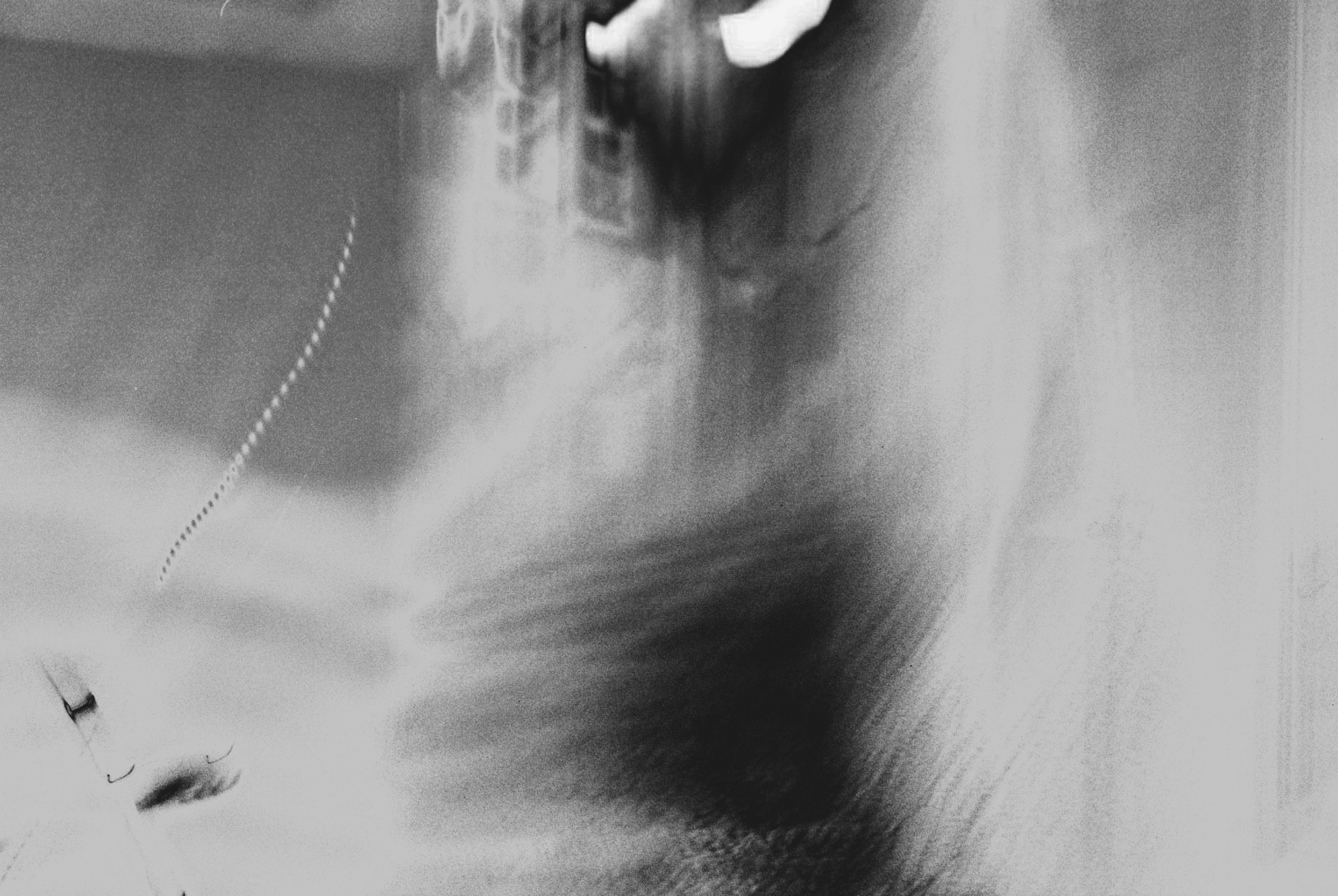
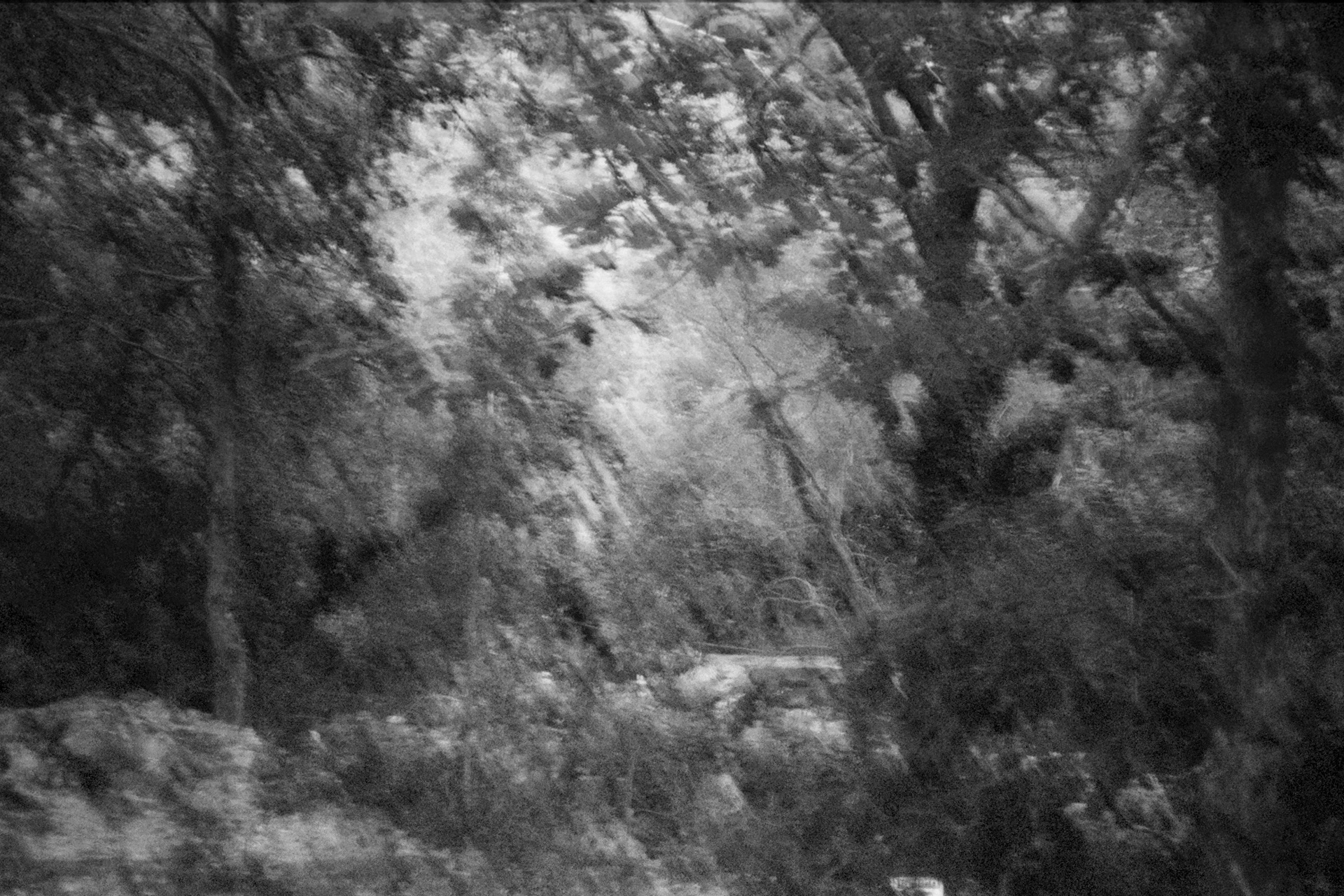
Why don't we listen more carefully? What prevents us from this task that would bring us so many benefits? How can we guide the individual to shape sounds and deep listen to their environments?
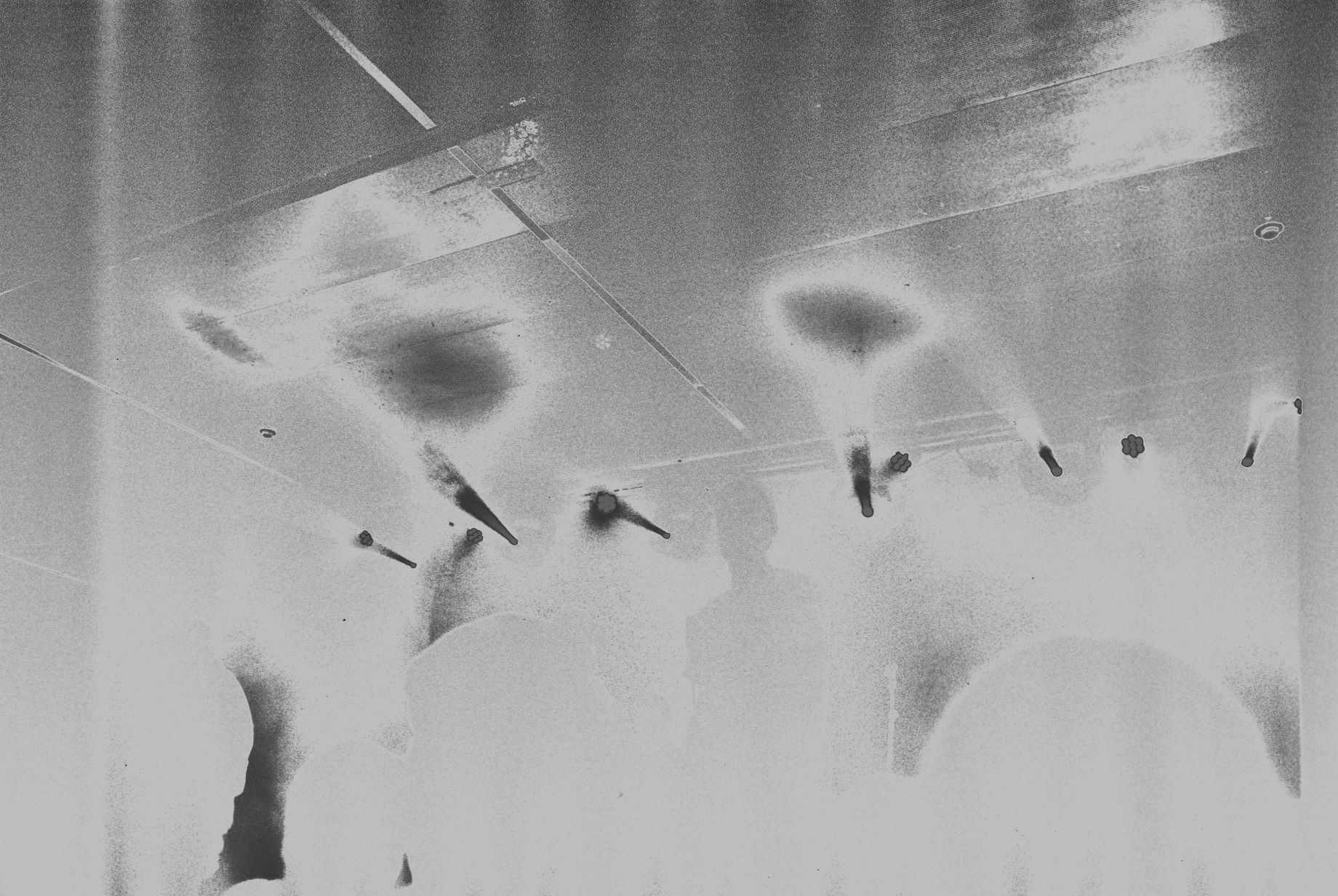
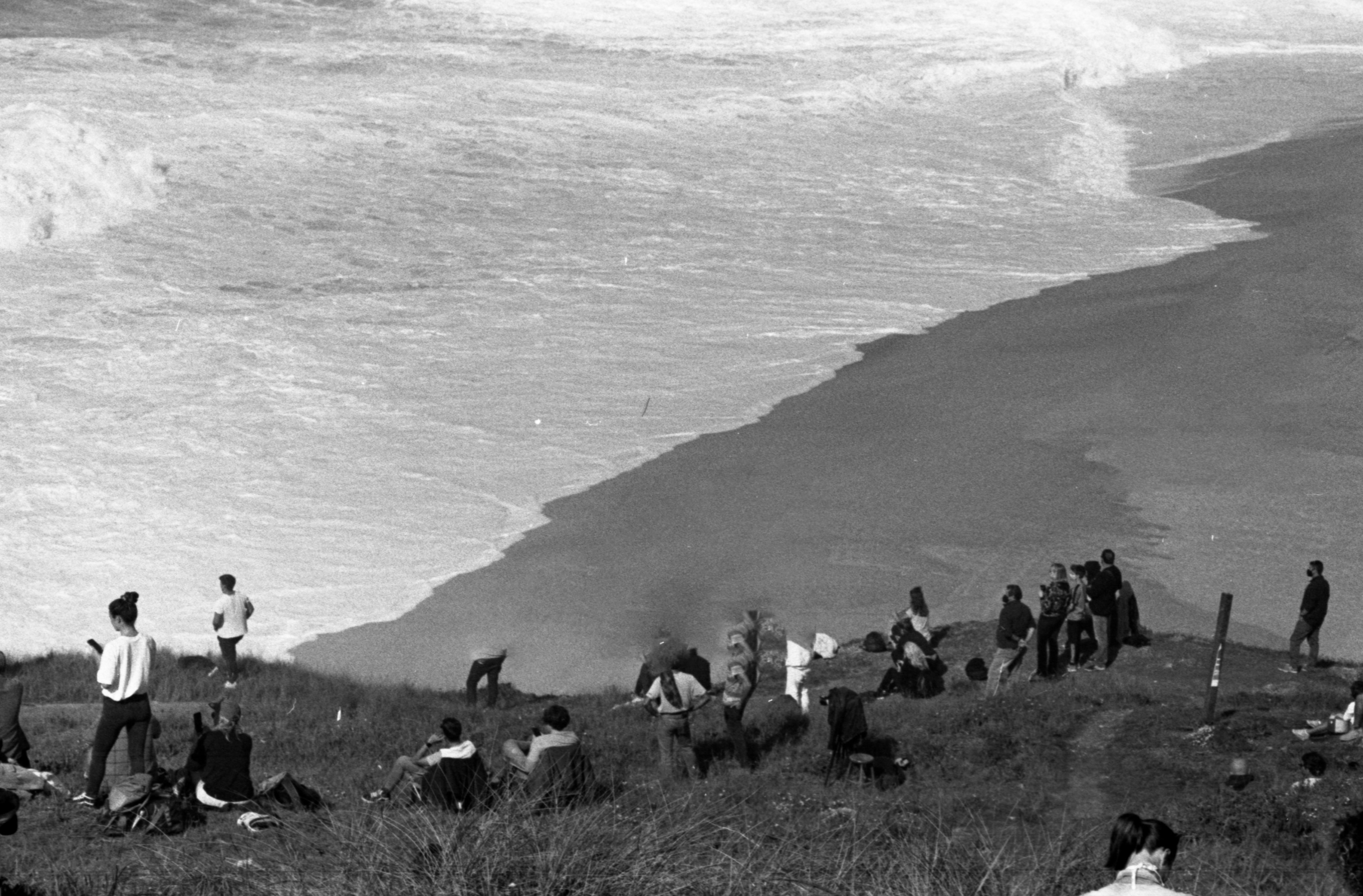

This is what we want to answer and hopefully change perspectives about the theme. We want to convey how Deep Listening can work as a mediator for building new connections with each other and one's environment.
The Biennale presents the theme "alter-realities" which aims to promote realities different from those we encounter or are used to. We think that hearing will be the first direction that will help in the formation of this improved reality. If we can have a more attentive perception of what we hear, we will certainly be able to focus on what really matters around us.
How can we build connections through sound? How can sound directly influence emotions and perceptions? How can we integrate conscious listening in our daily basis? How can sound promote focus? How can we experience immediate long term improvements? How can we hear less with our ears and more with our minds? How can we practice the selective flux of continuum listening?
Deep Listening, as developed by Pauline Oliveros, explores the difference between the involuntary nature of hearing and the voluntary, selective nature of listening. The practice includes bodywork, sonic meditations, and interactive performance, as well as listening to the sounds of daily life, nature, one’s own thoughts, imagination, and dreams. It cultivates a heightened awareness of the sonic environment, both external and internal, and promotes experimentation, improvisation, collaboration, playfulness, and other creative skills vital to personal and community growth.
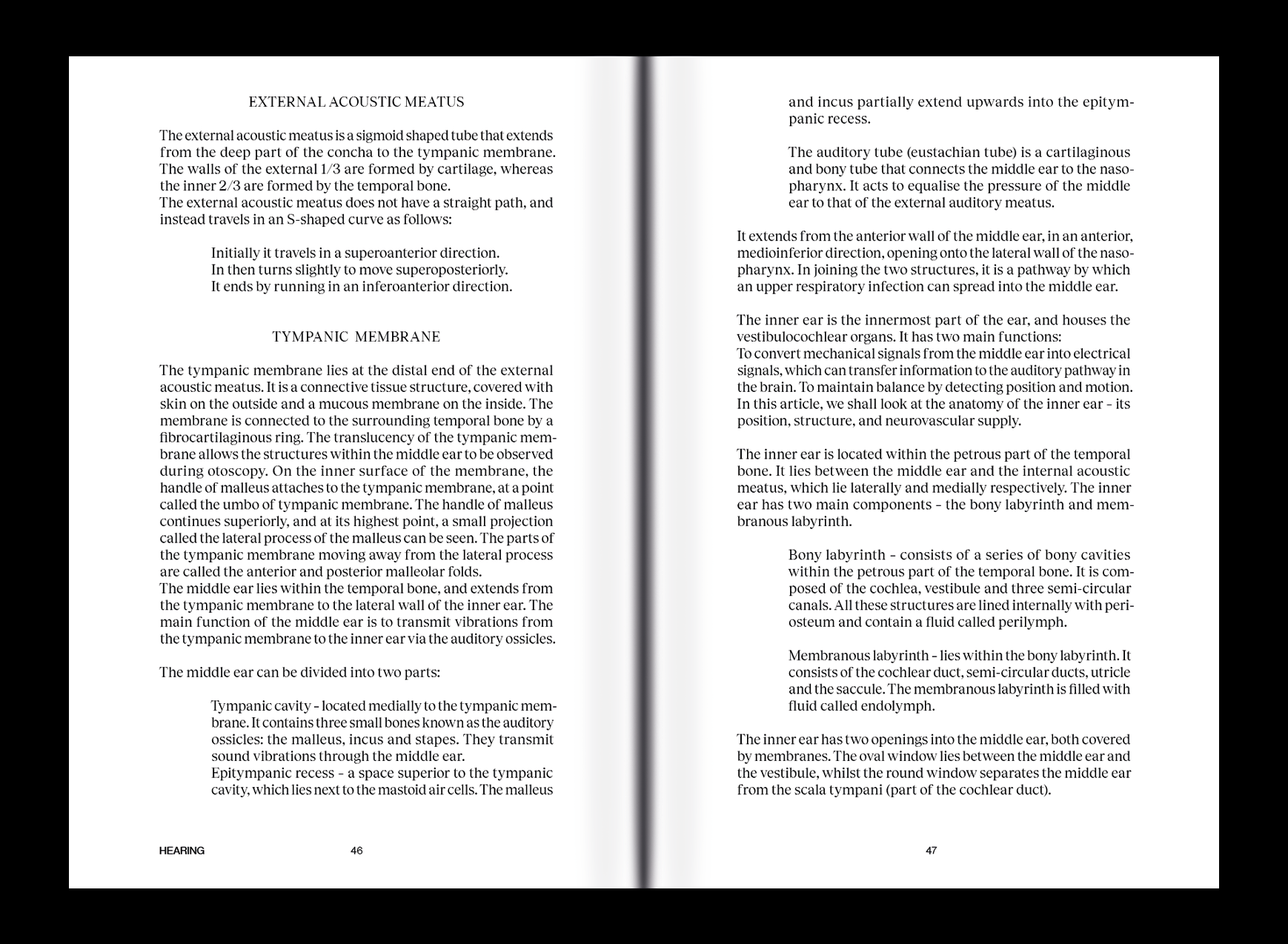
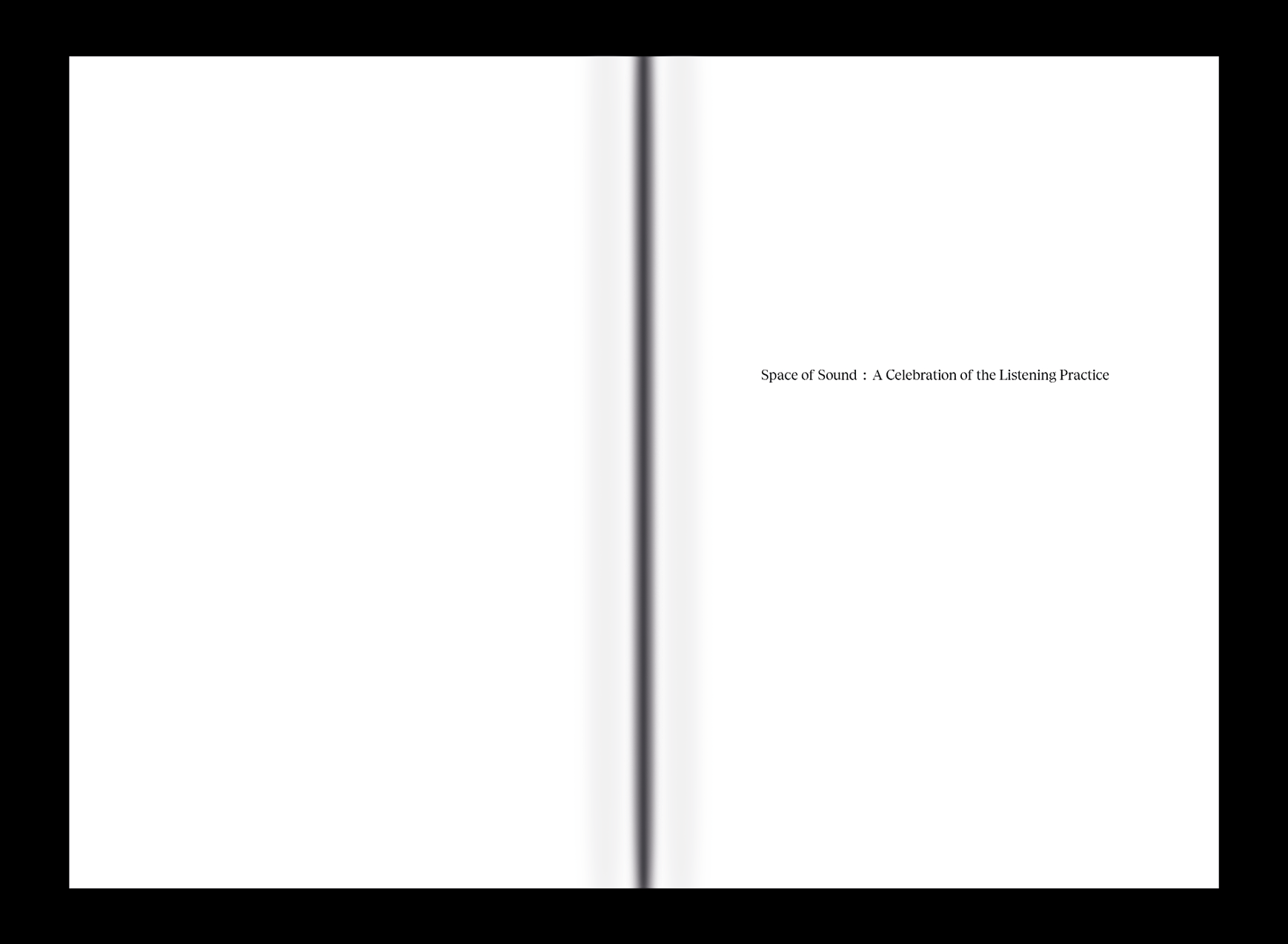
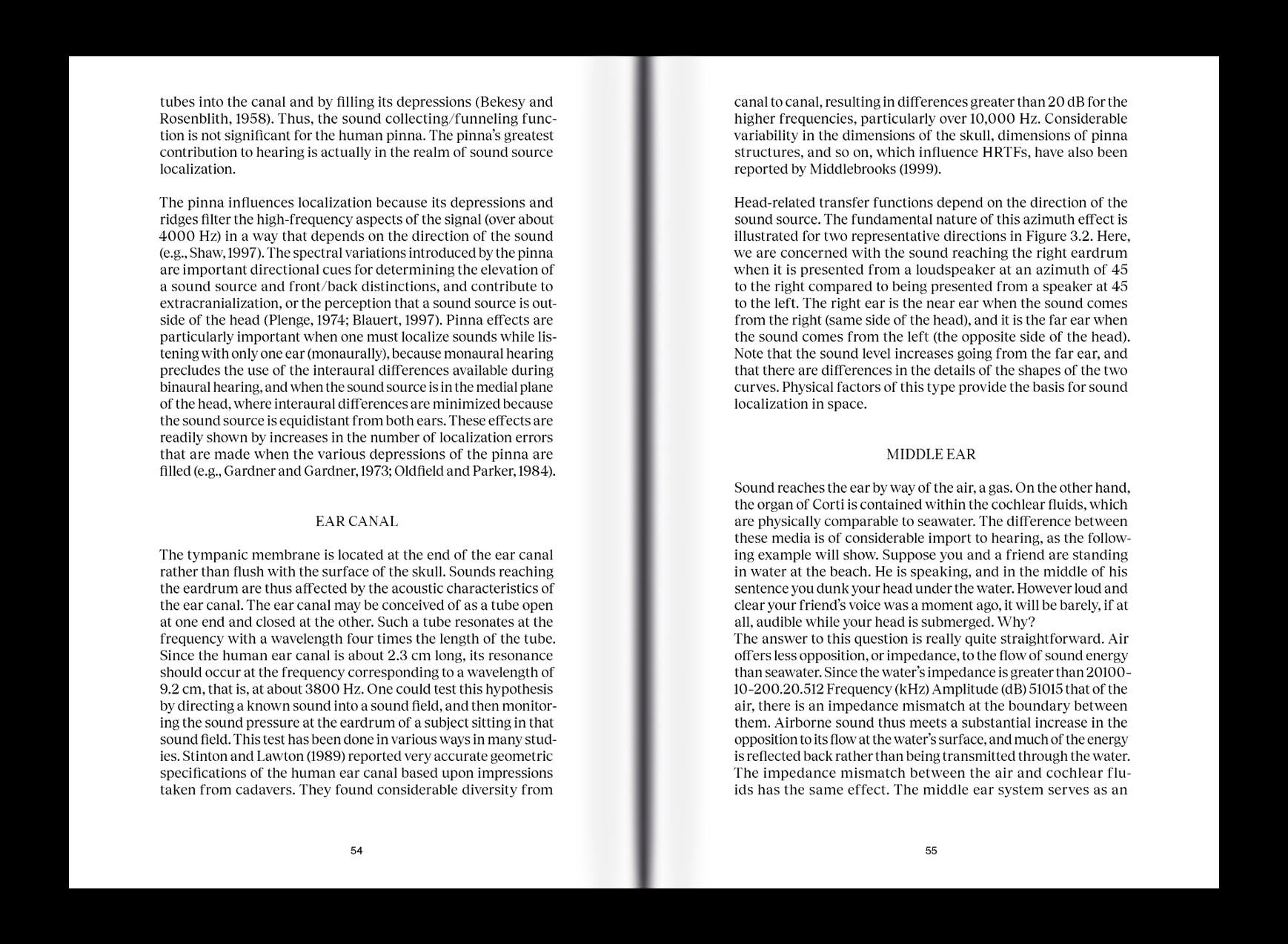
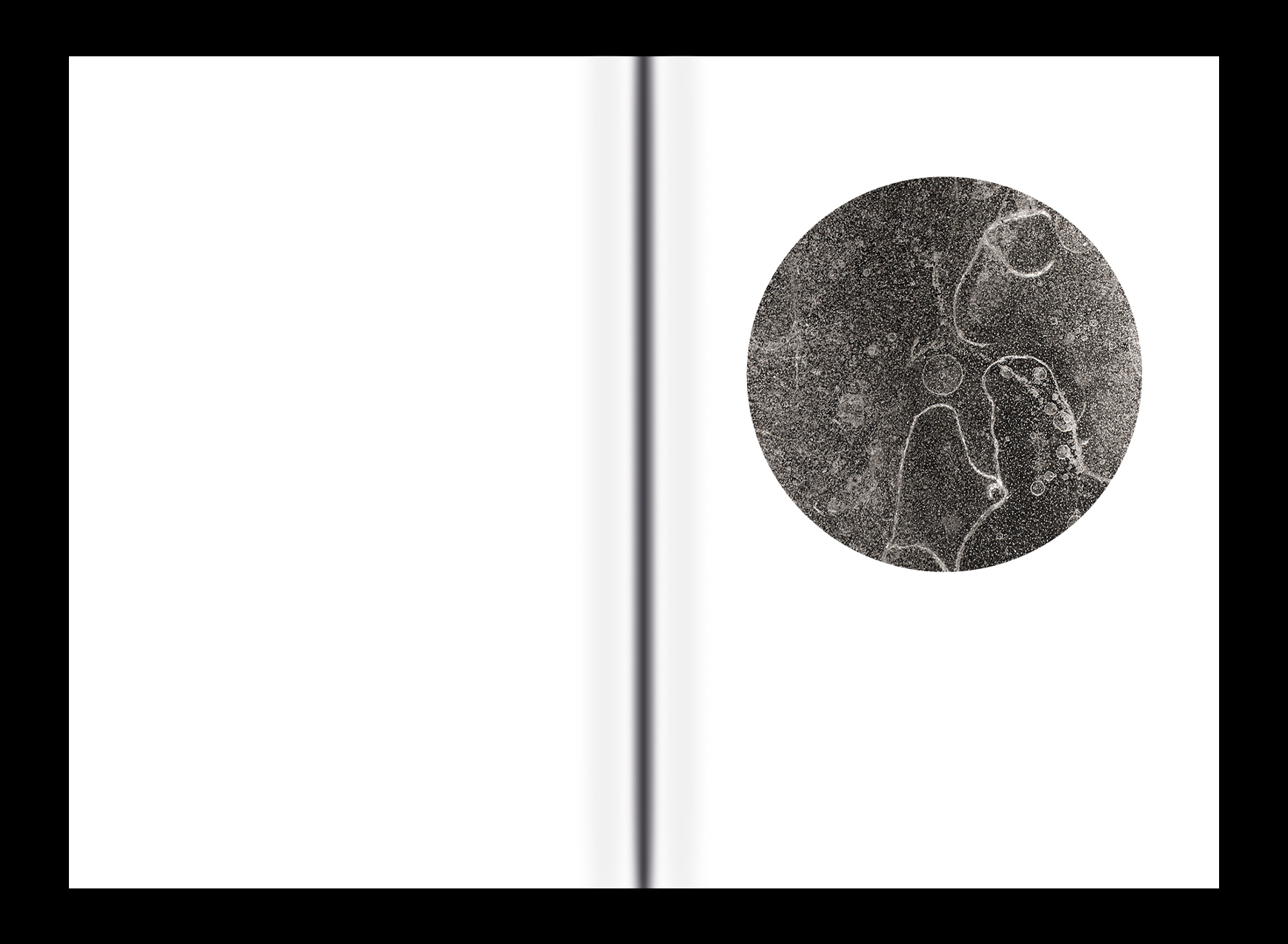
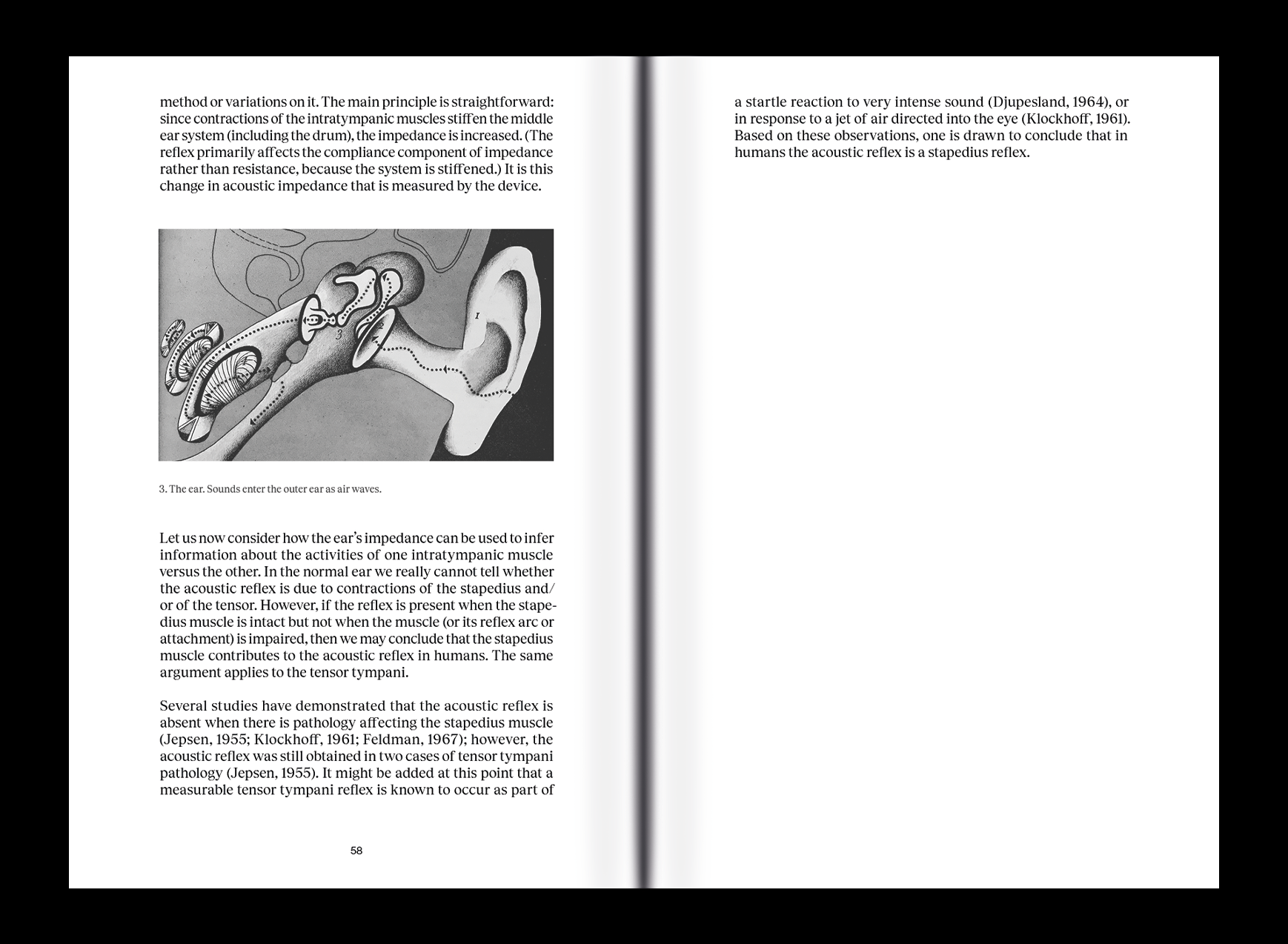
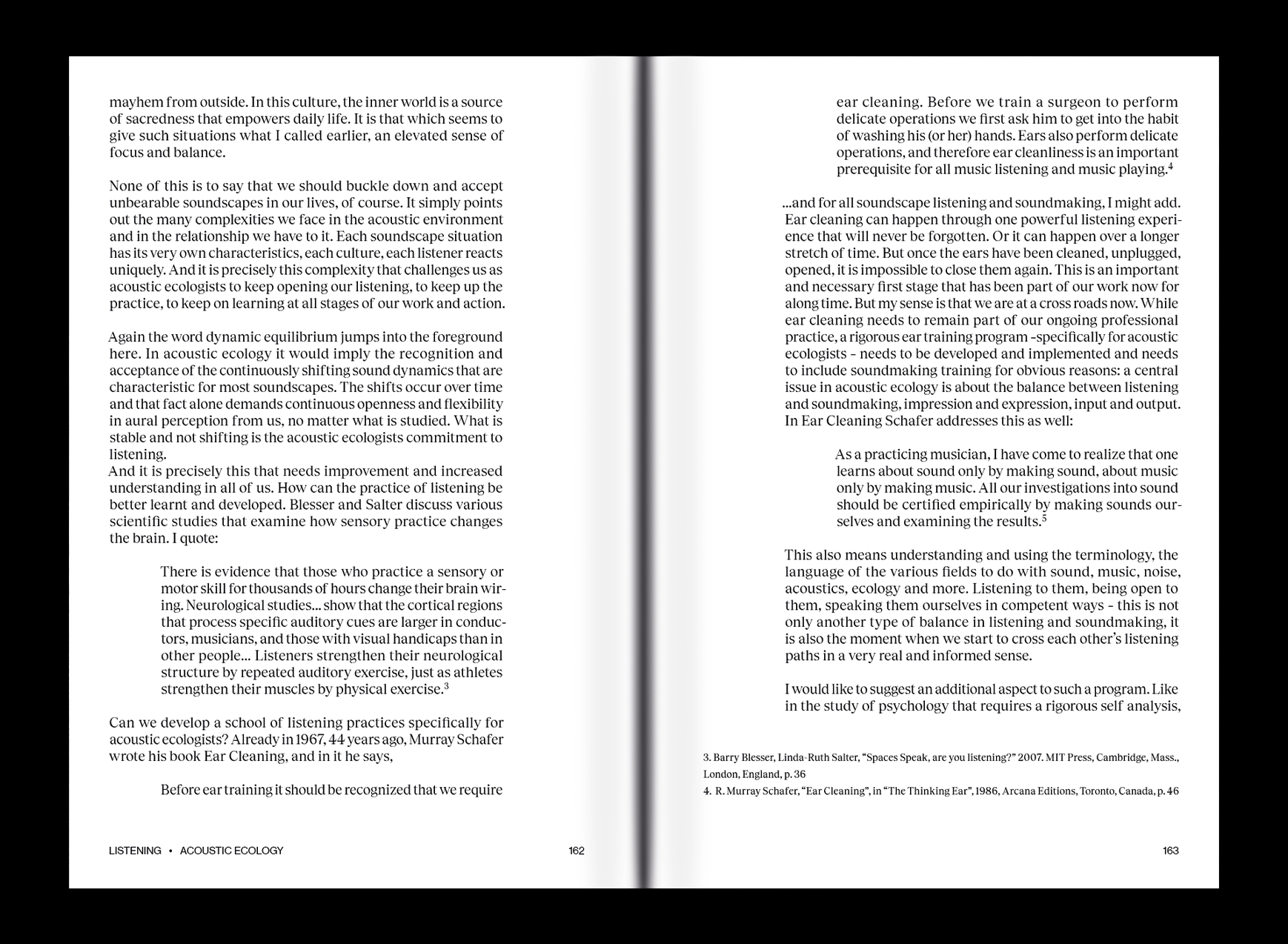
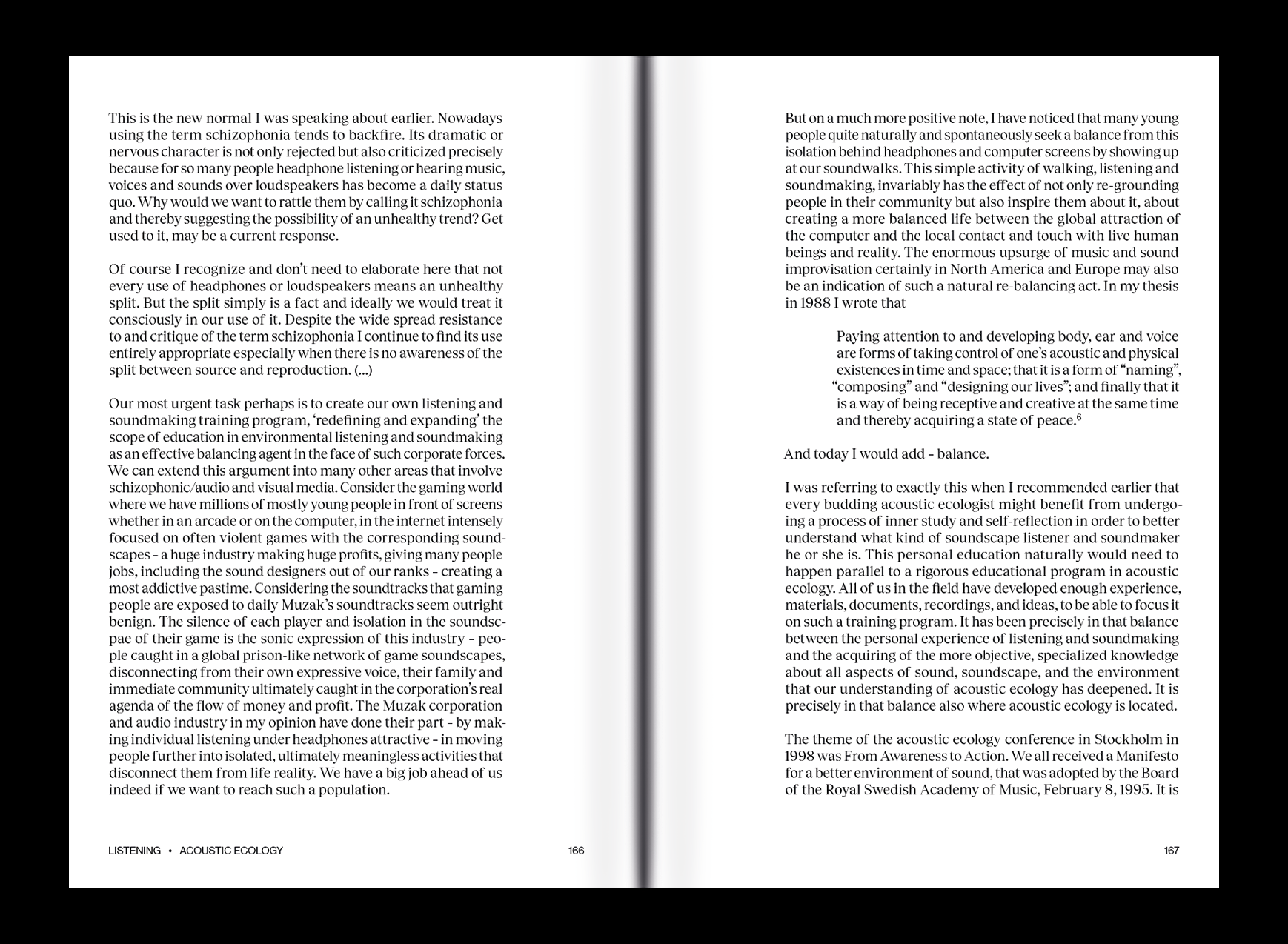
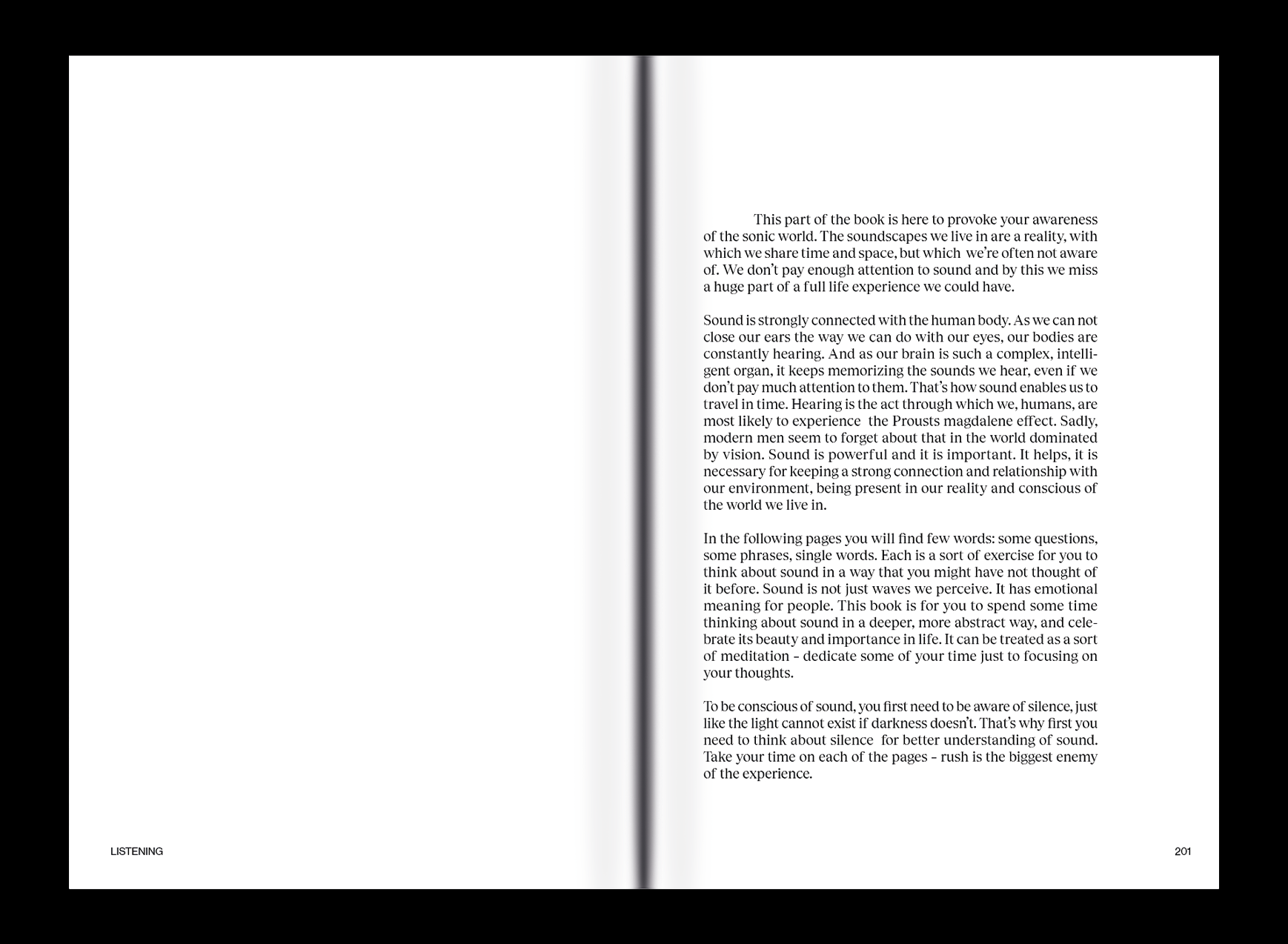
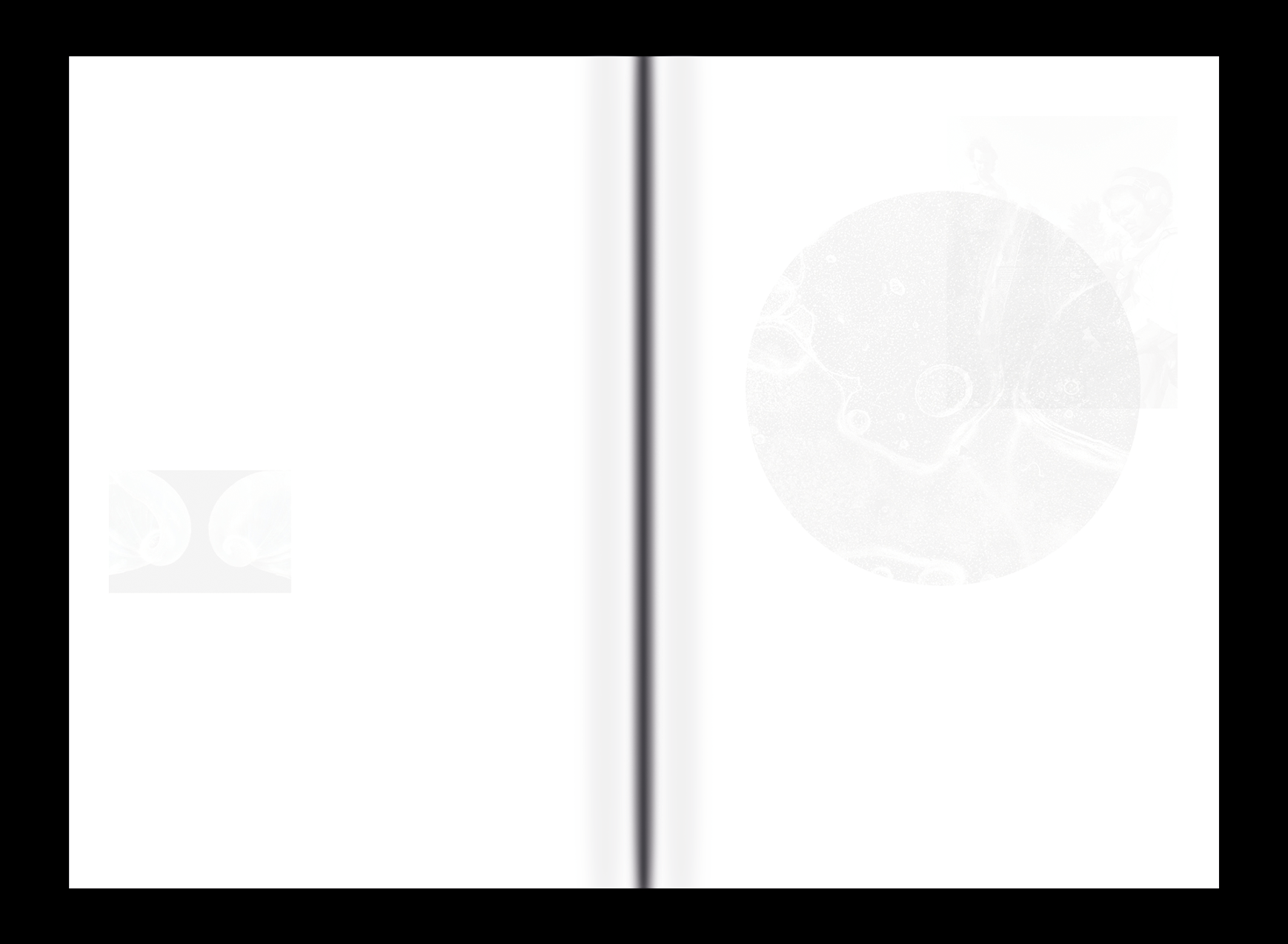
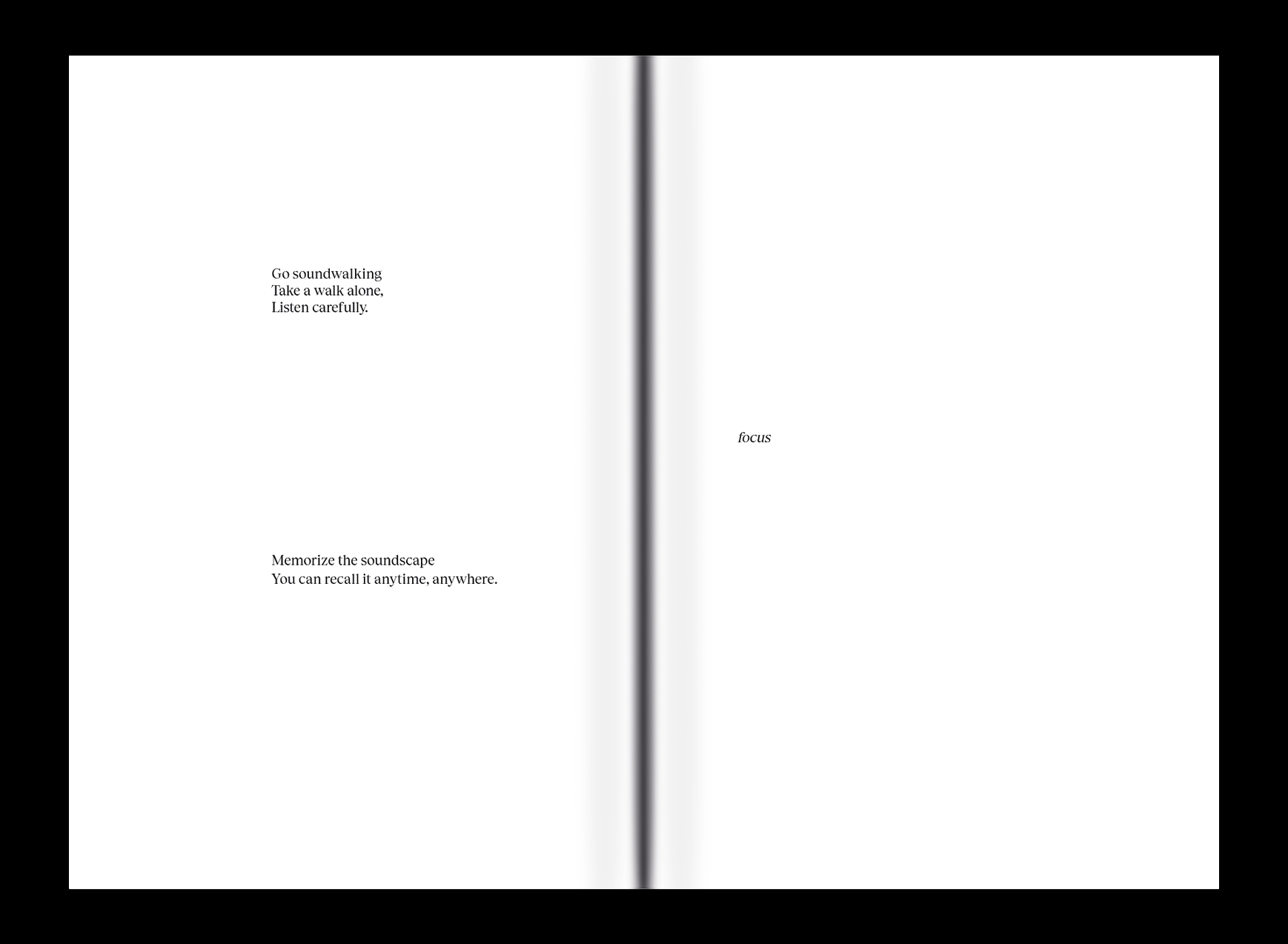
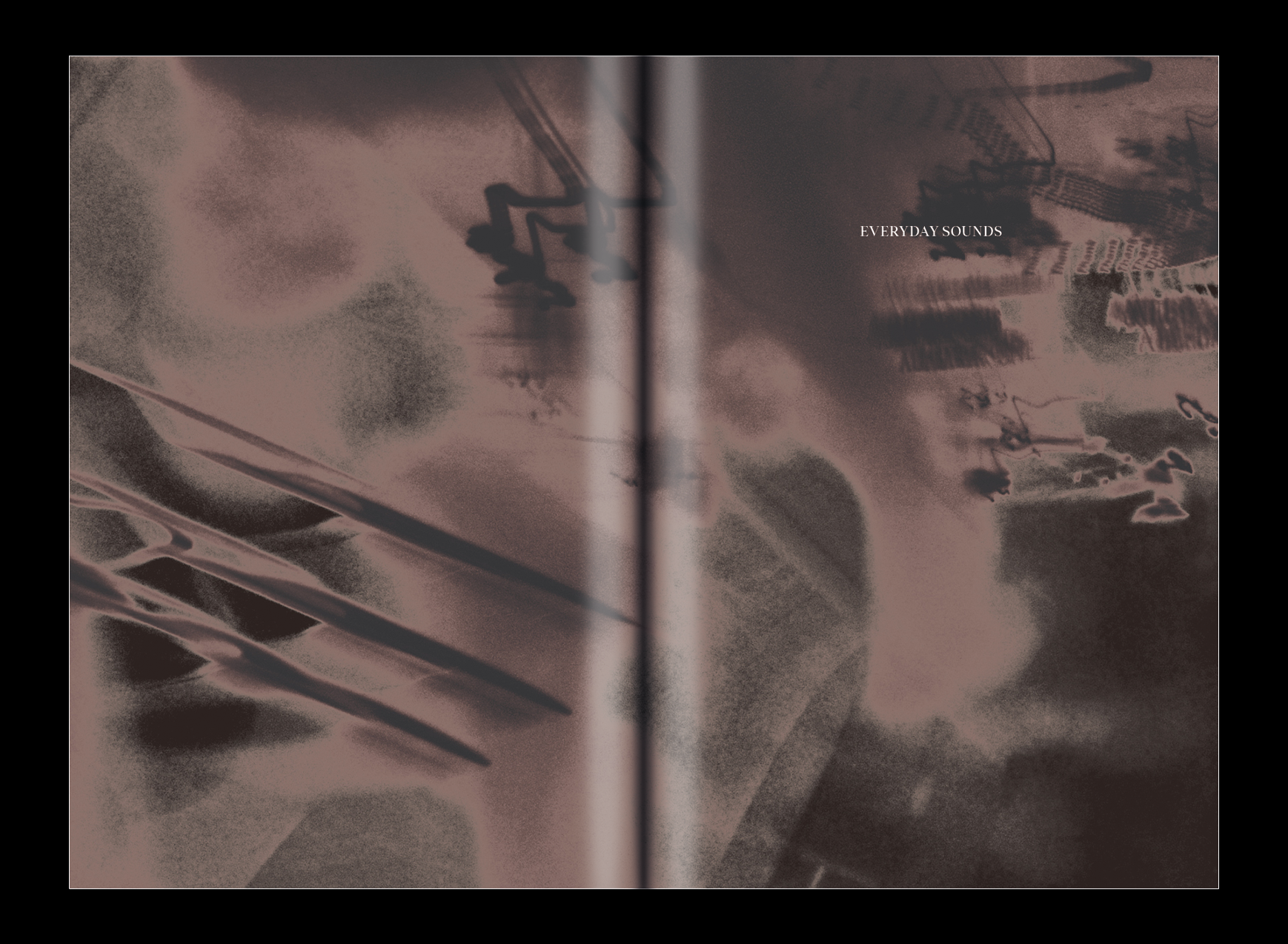
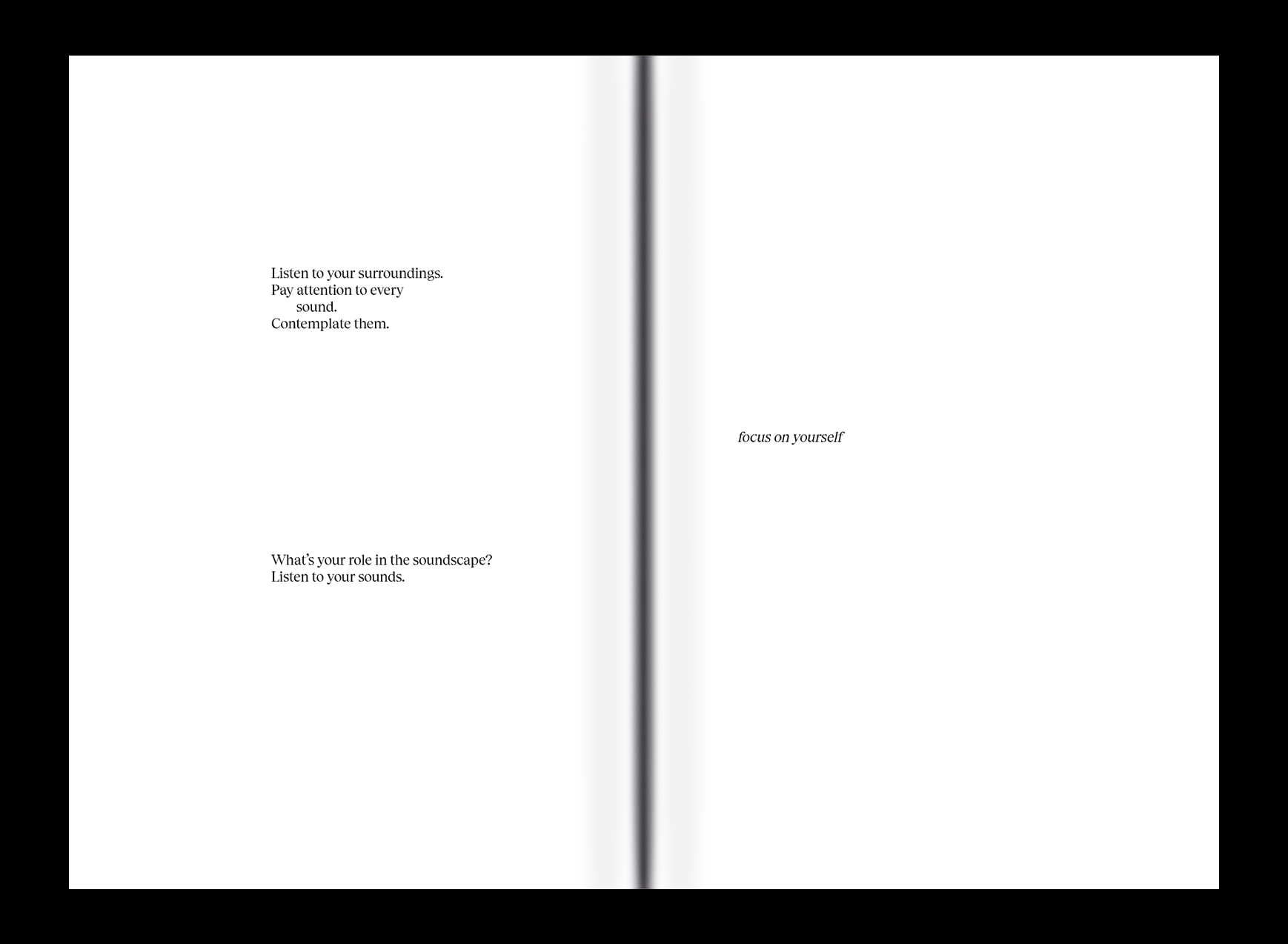
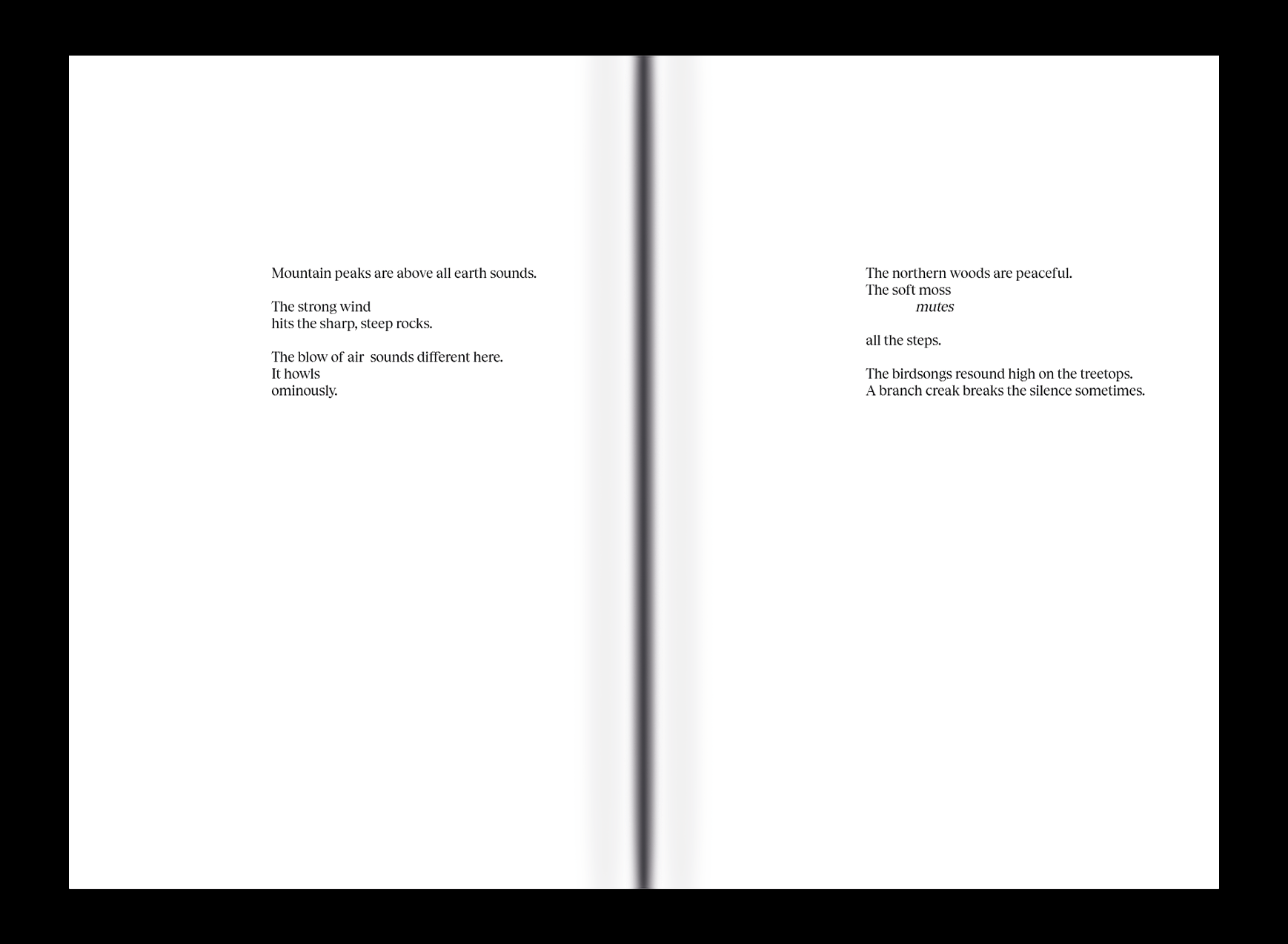
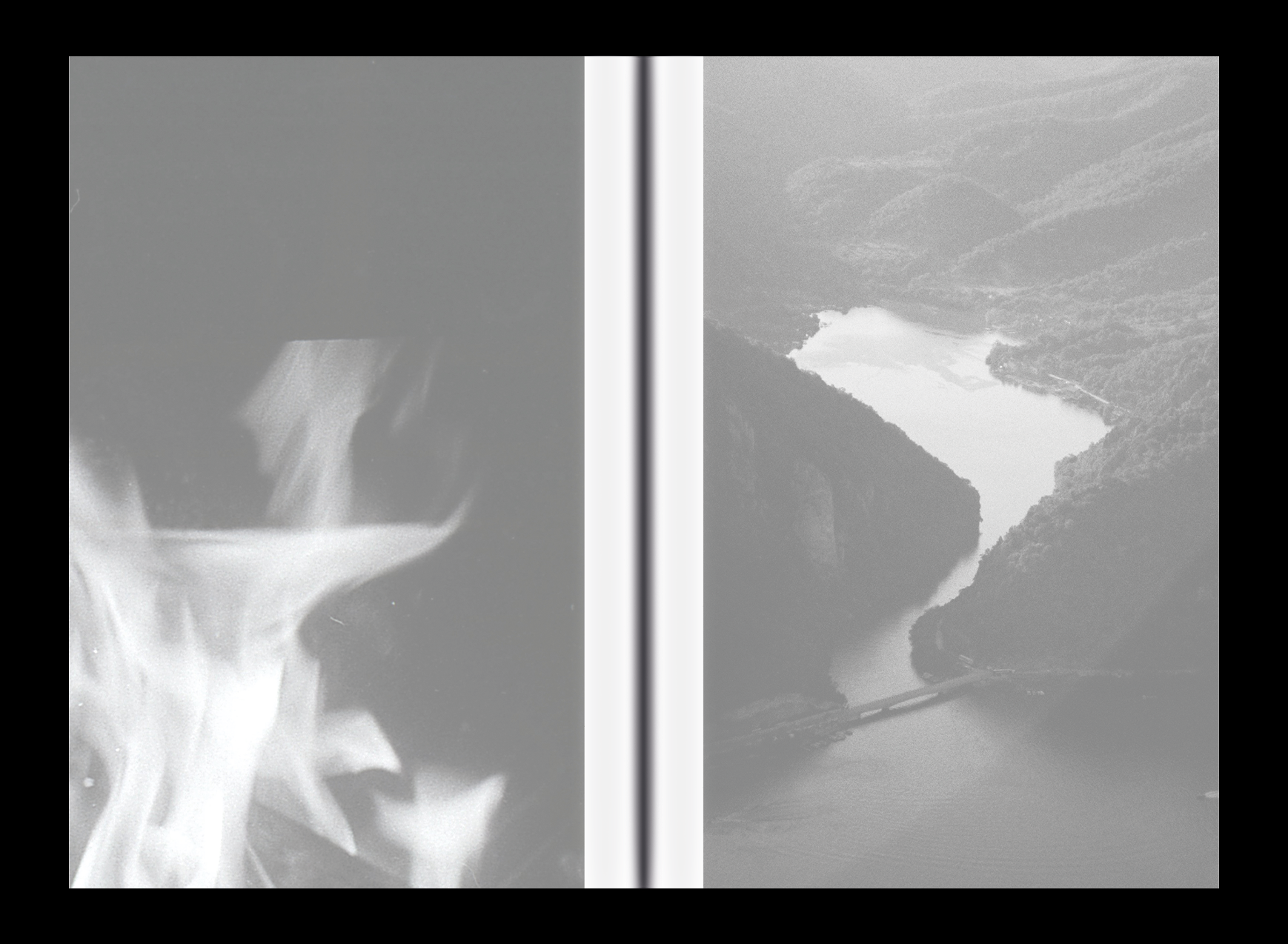
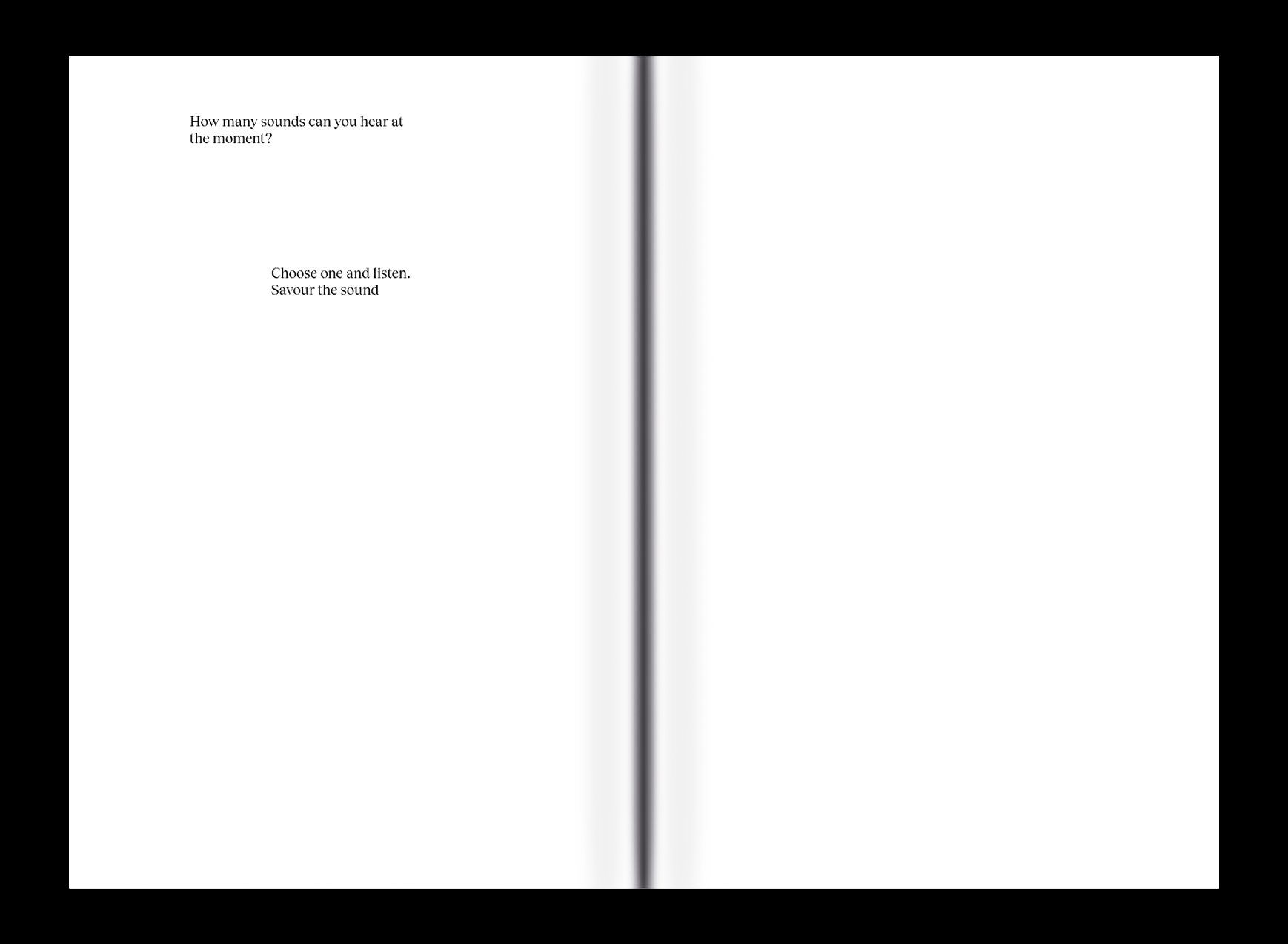
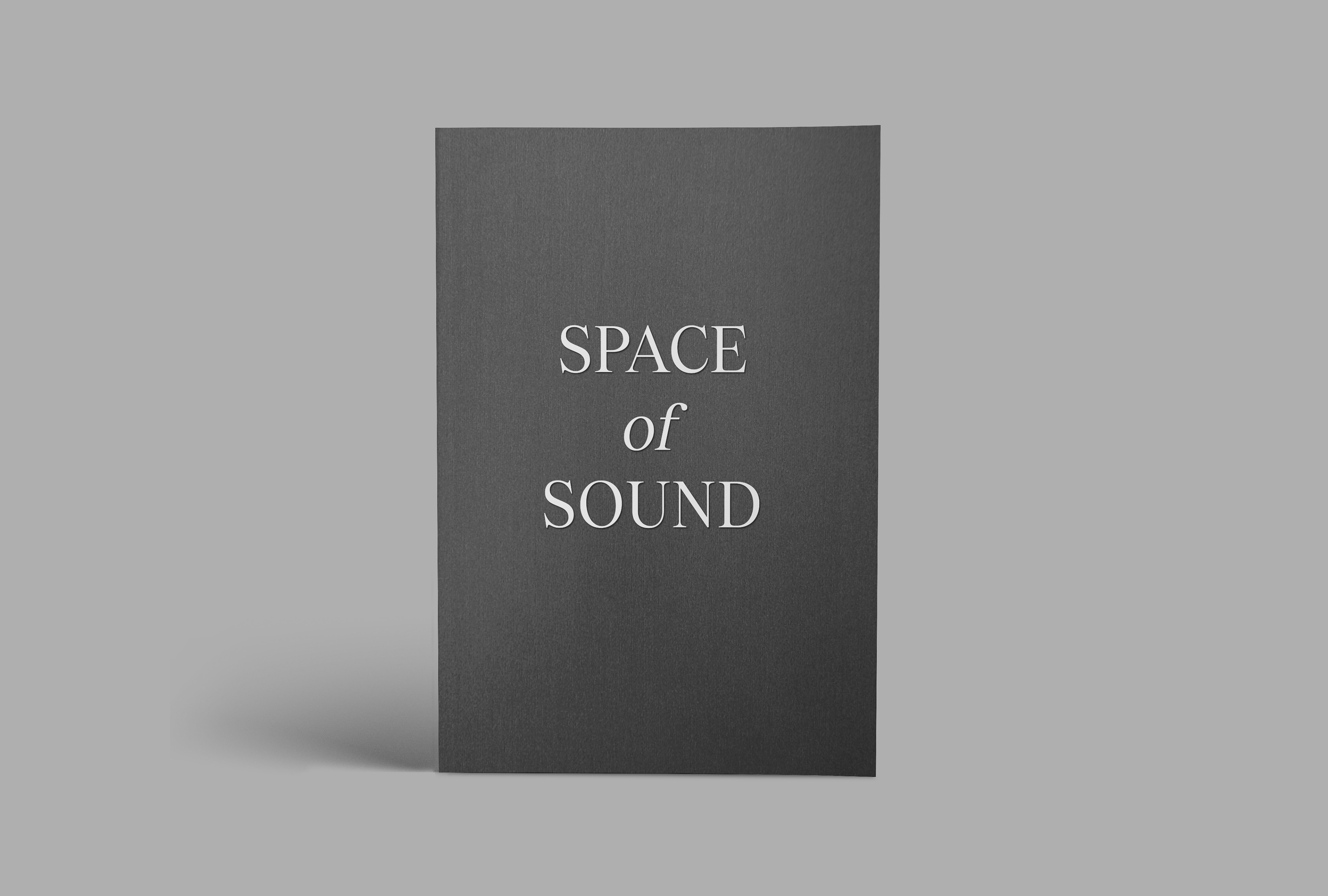
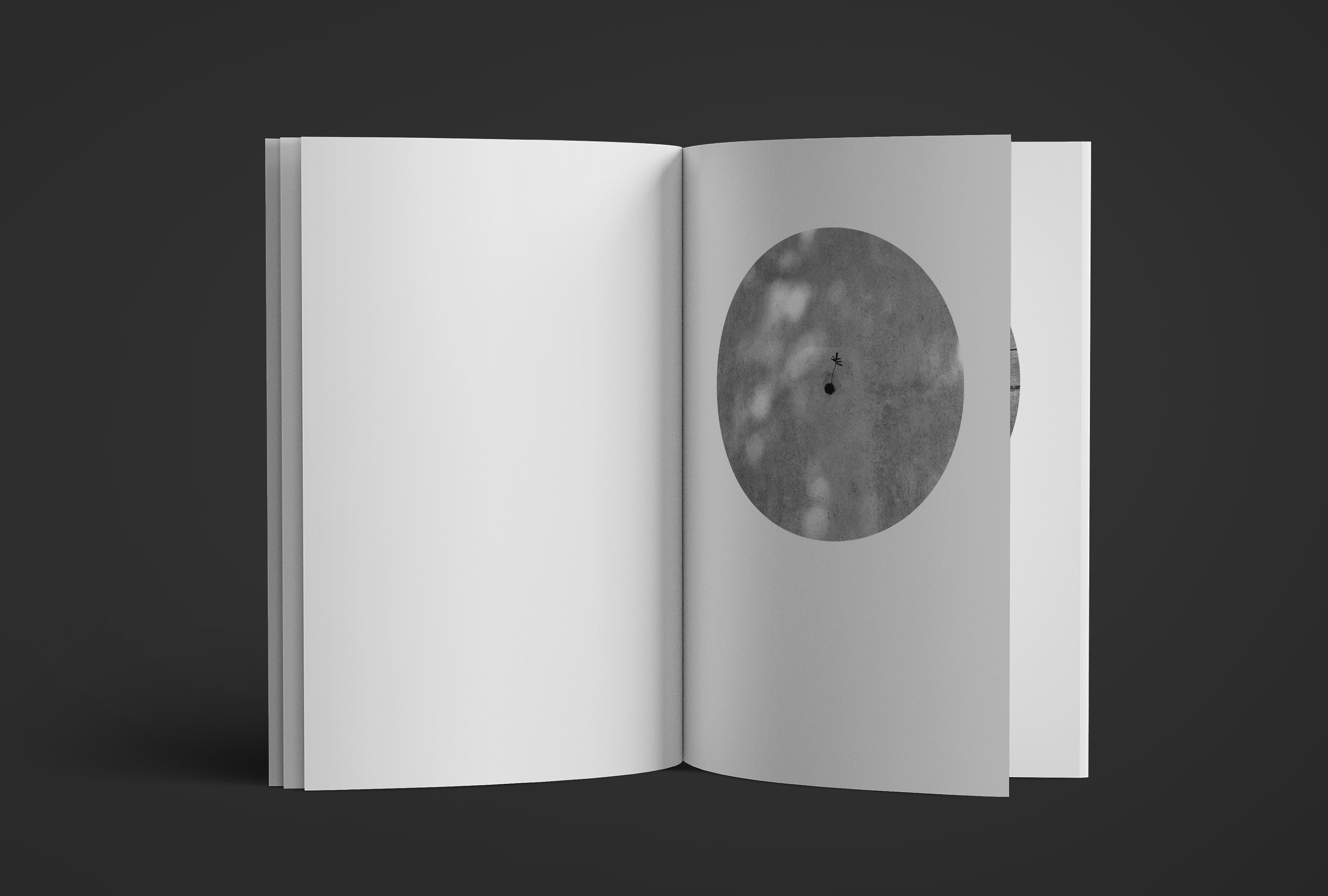
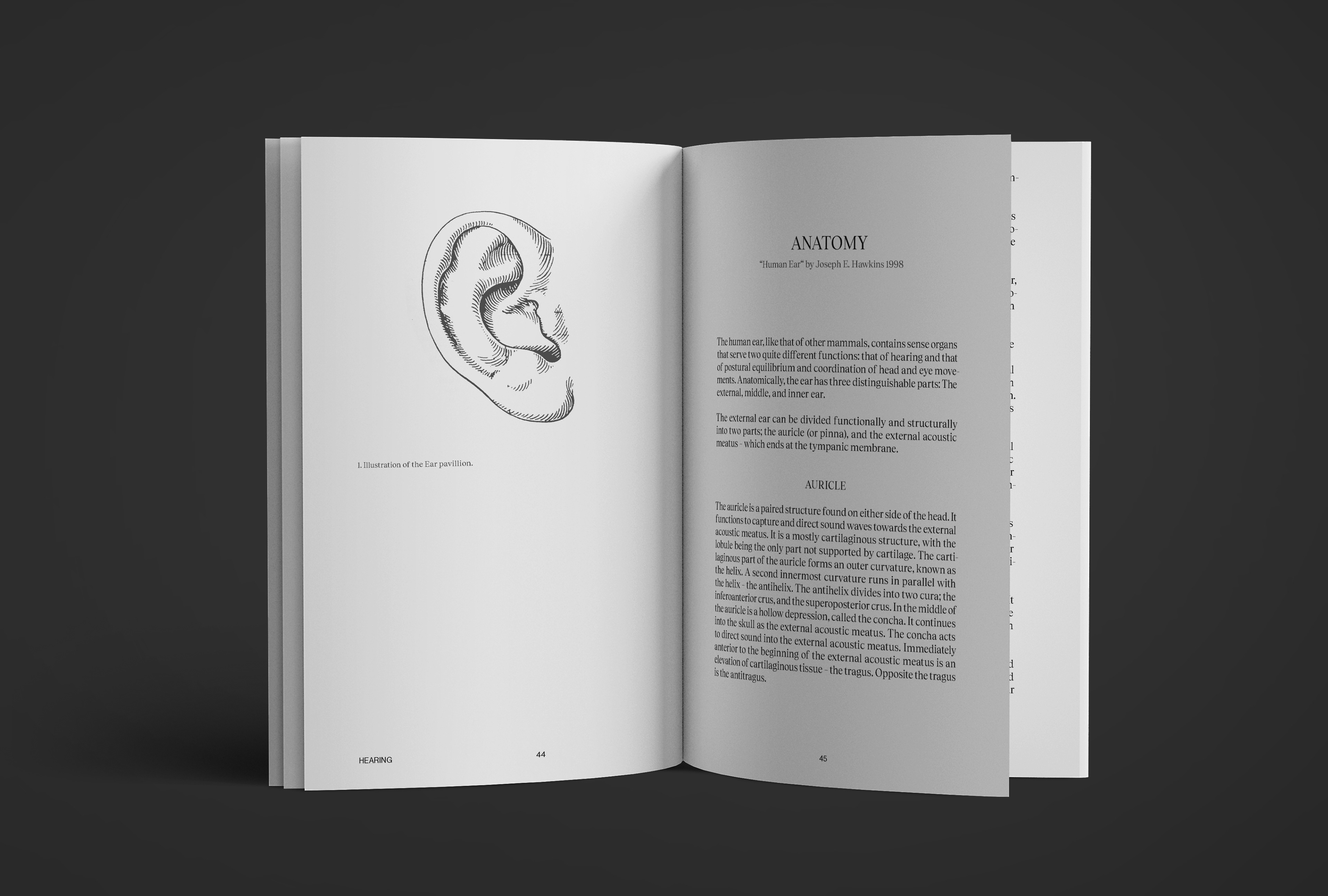
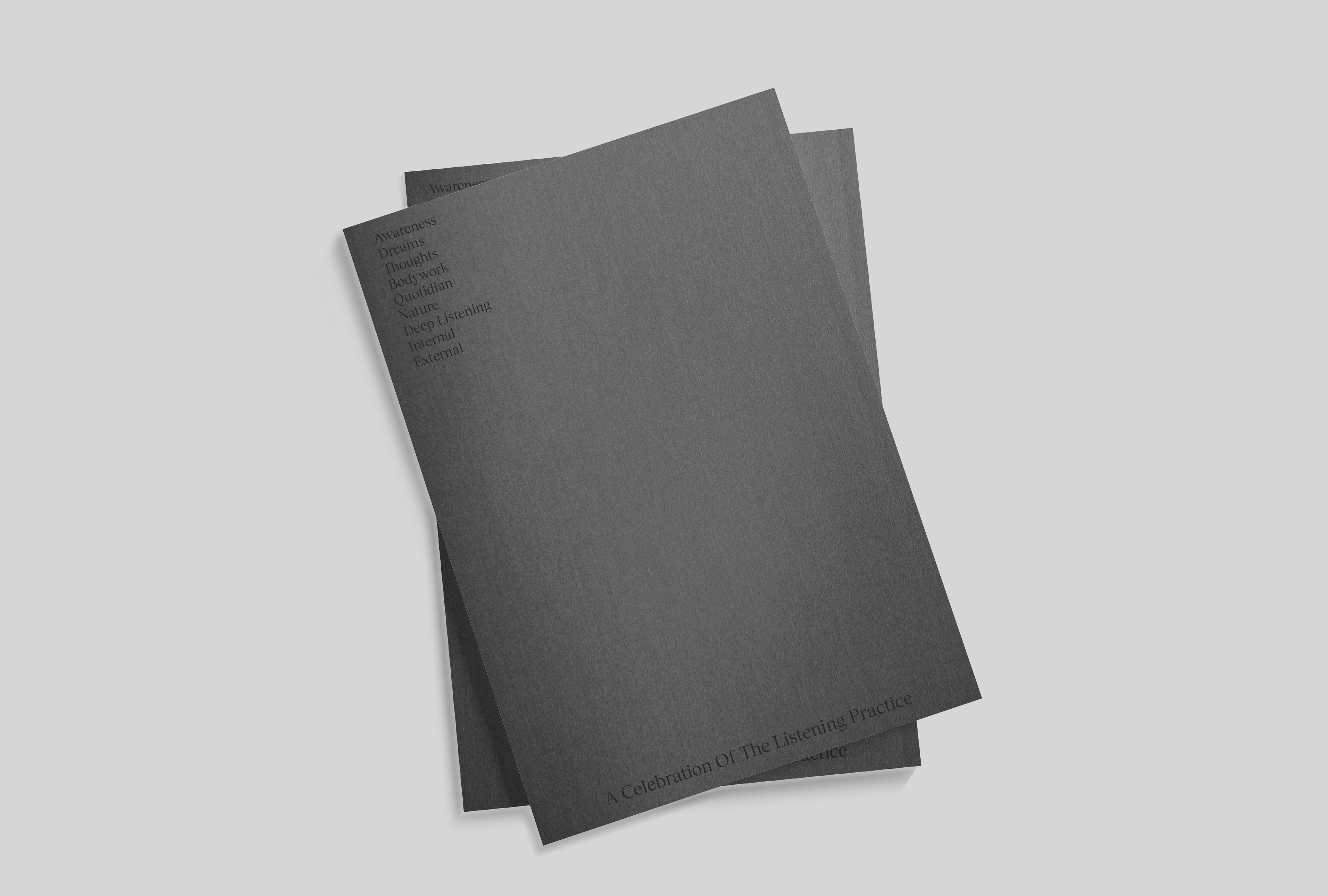
“To me, noise is a question of personal choice because the word technically means sound with no information in it, if I choose to listen to something, whatever it is, I can find something interesting in almost anything.” — Bill Fontana
